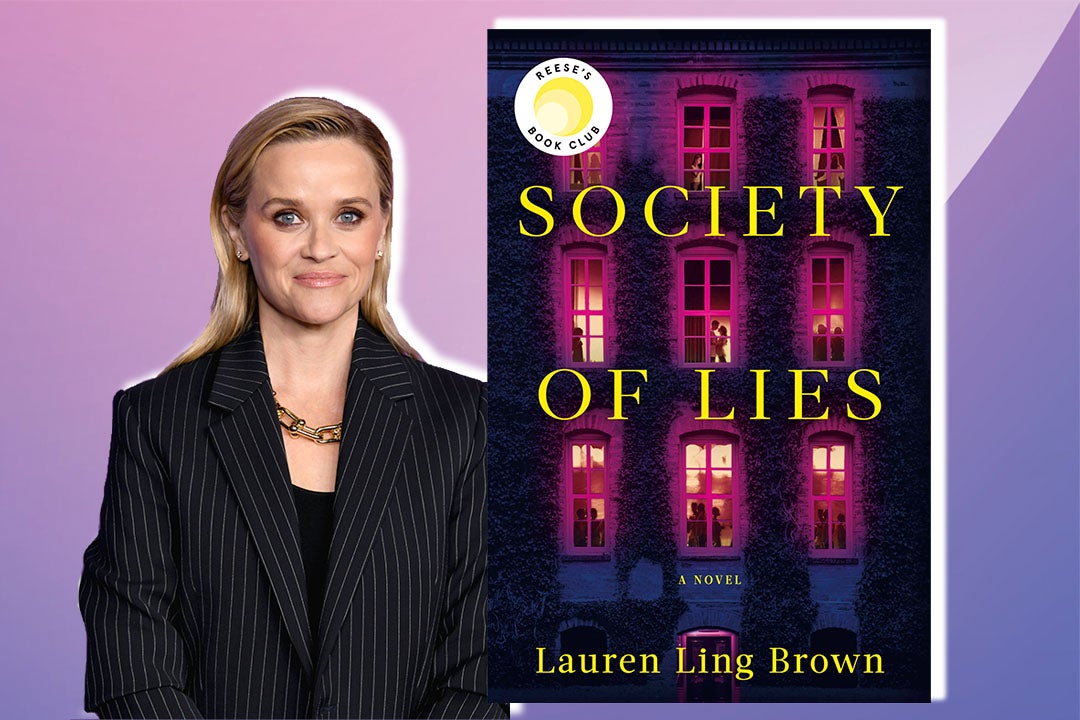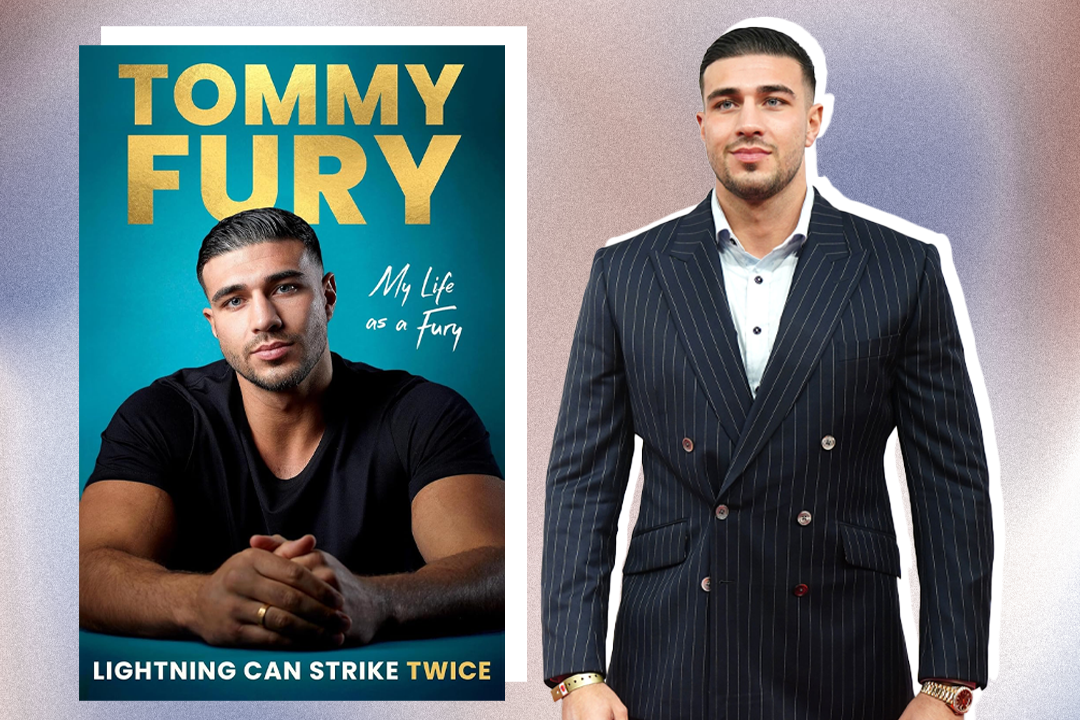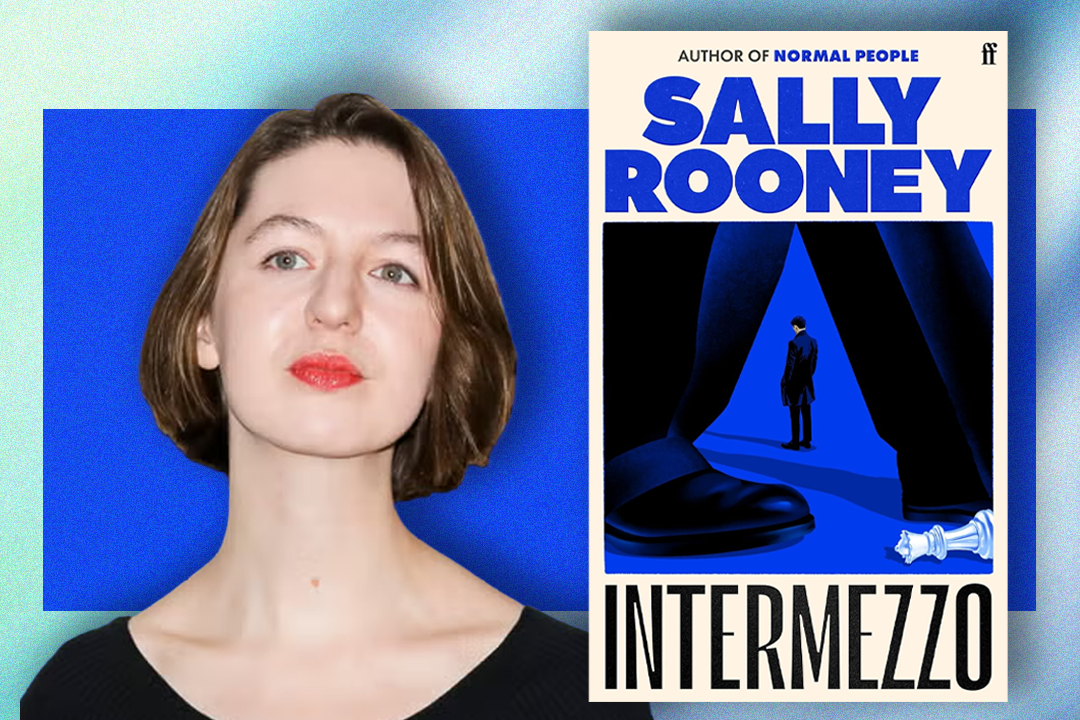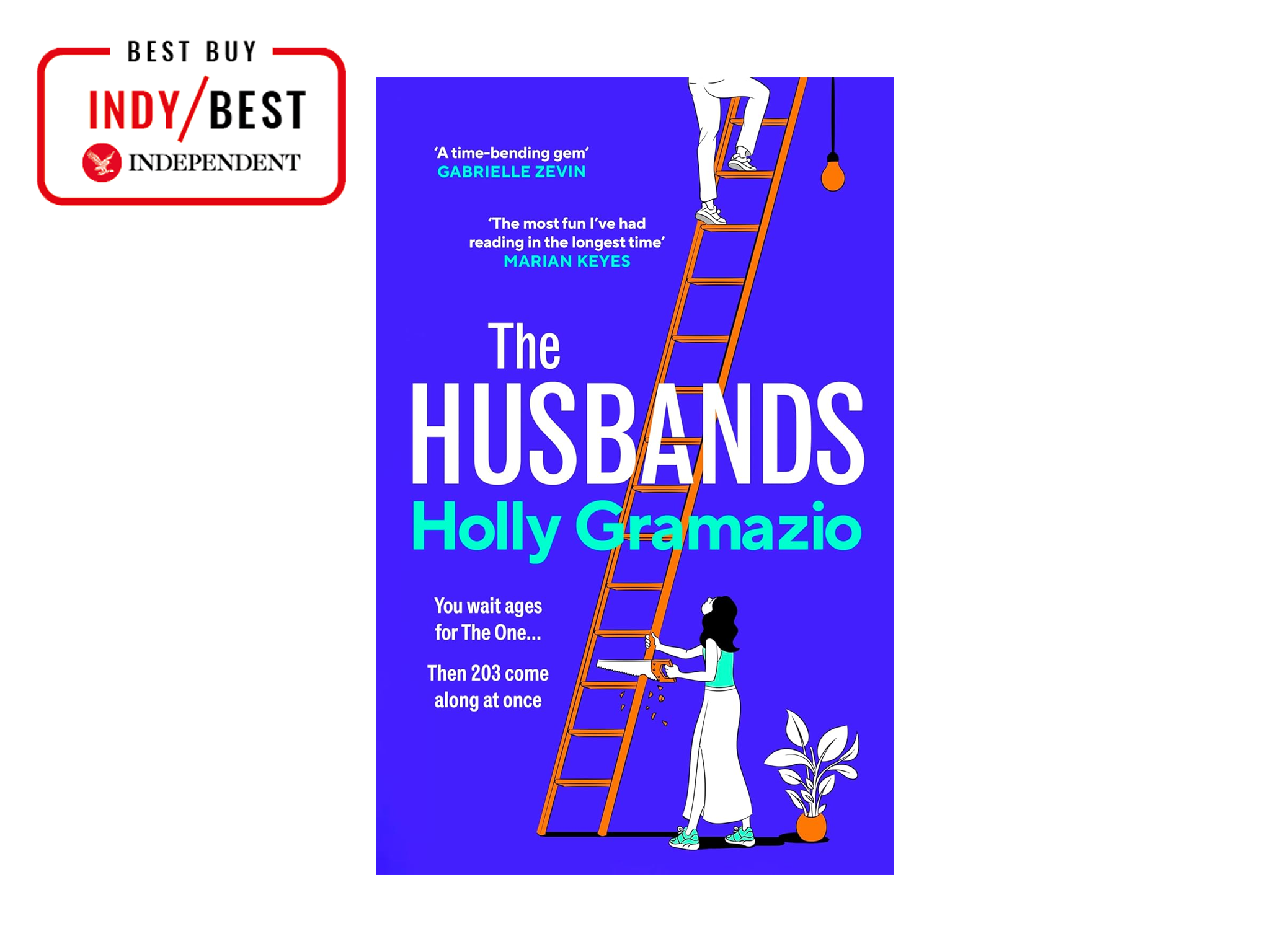
The Independent's journalism is supported by our readers. When you purchase through links on our site, we may earn commission. Why trust us?
30 best new books to read, from Sally Rooney to Coco Mellors
Discover debut novelists and immersive page-turners from acclaimed authors
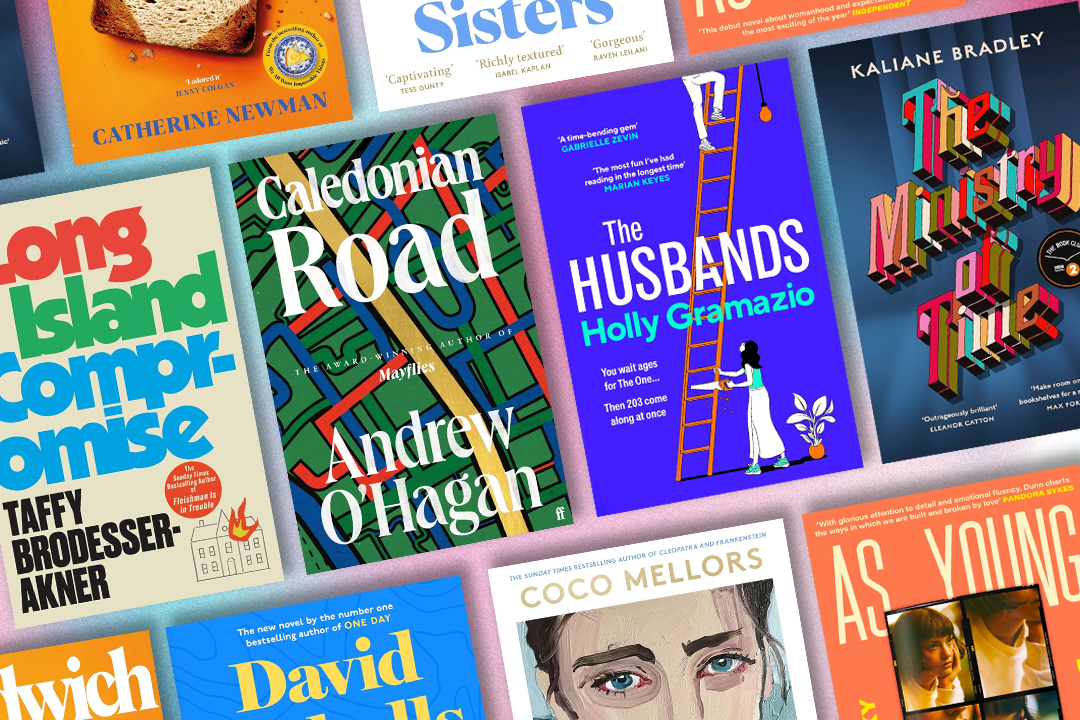


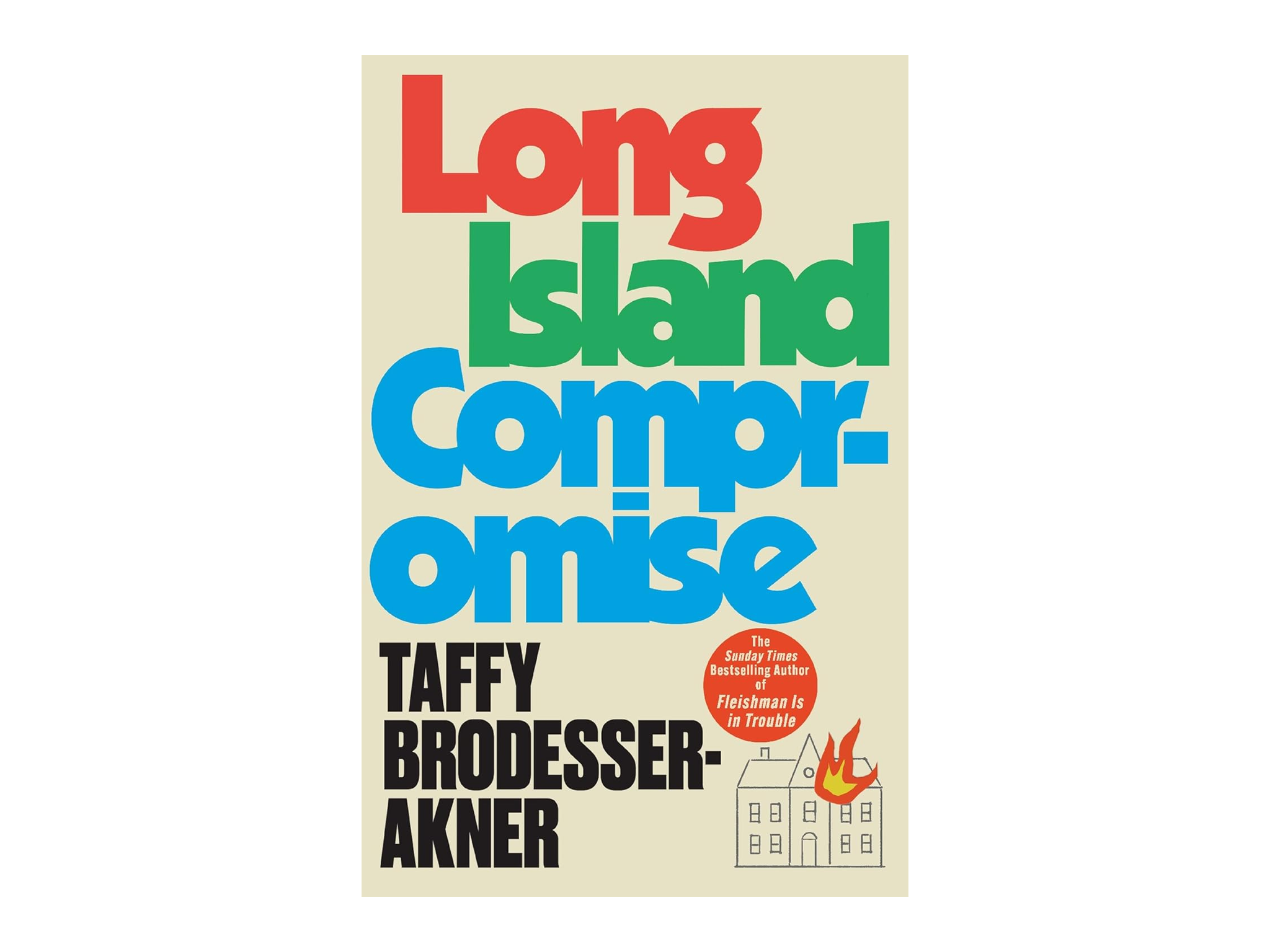
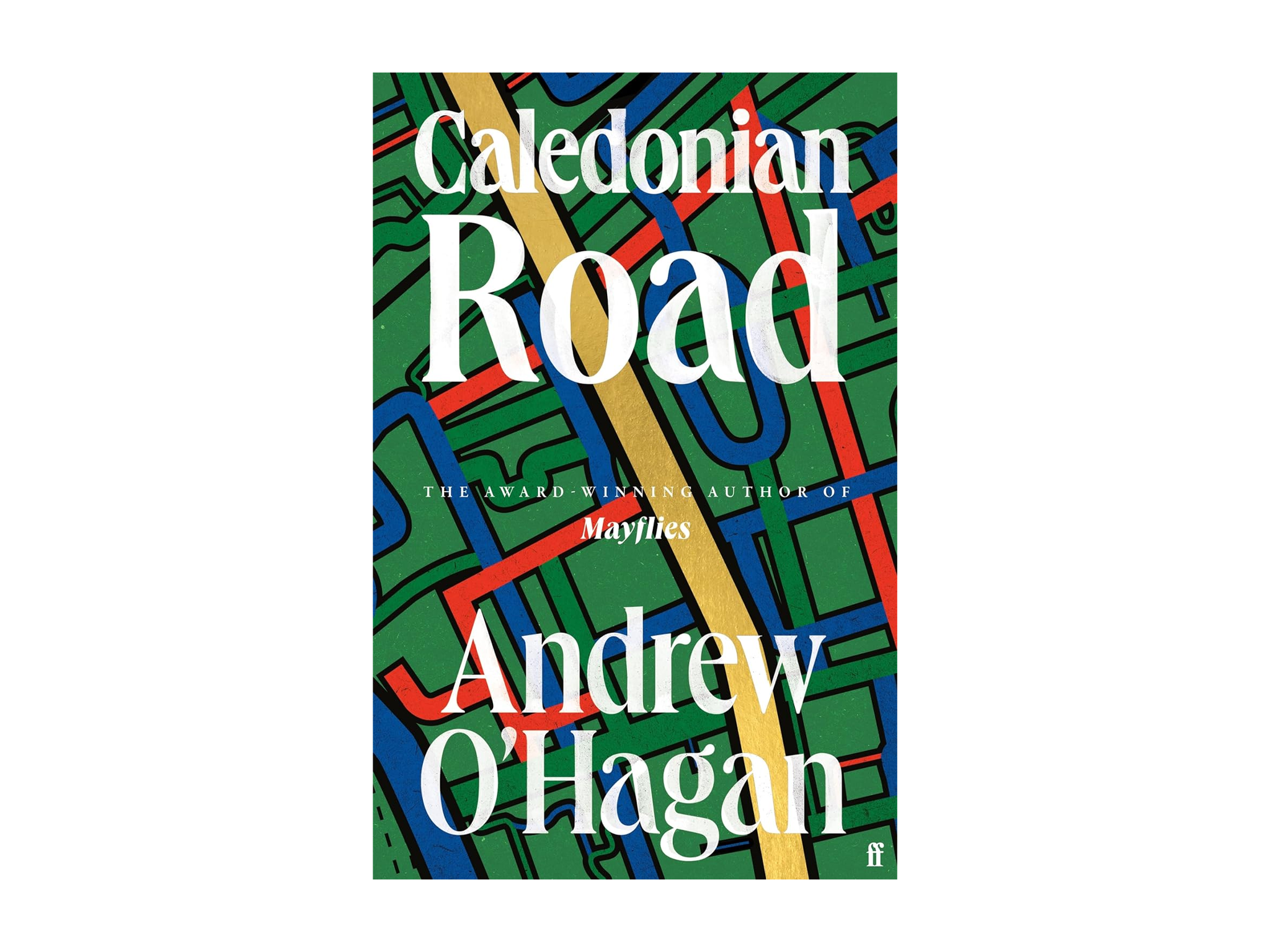 Best state of the nation novelCaledonian Road by Andrew O’Hagan, published by Faber & FaberRead review£15
Best state of the nation novelCaledonian Road by Andrew O’Hagan, published by Faber & FaberRead review£15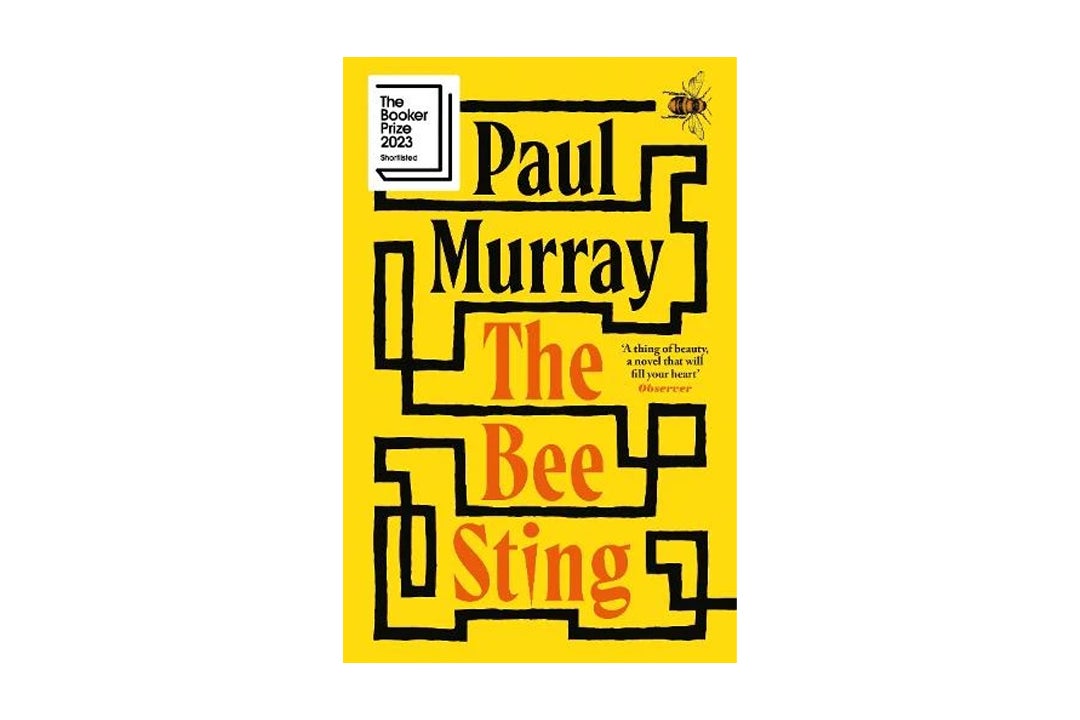

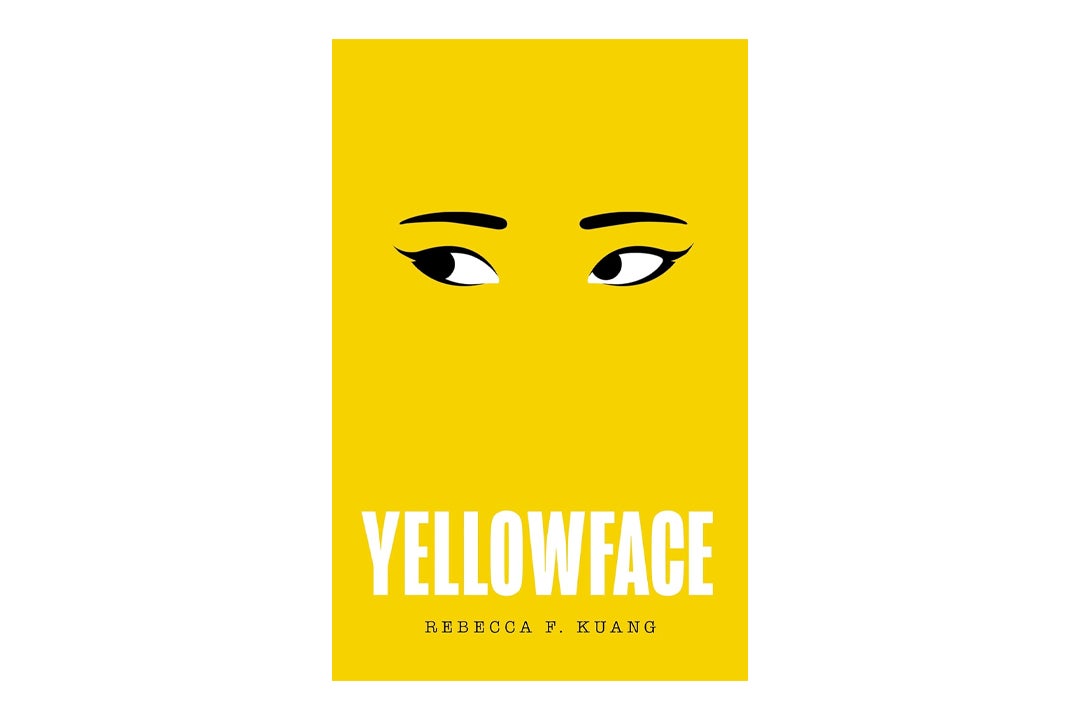 Best literary thriller‘Yellowface’ by Rebecca F Kuang, published by The Borough Press Read review£4
Best literary thriller‘Yellowface’ by Rebecca F Kuang, published by The Borough Press Read review£4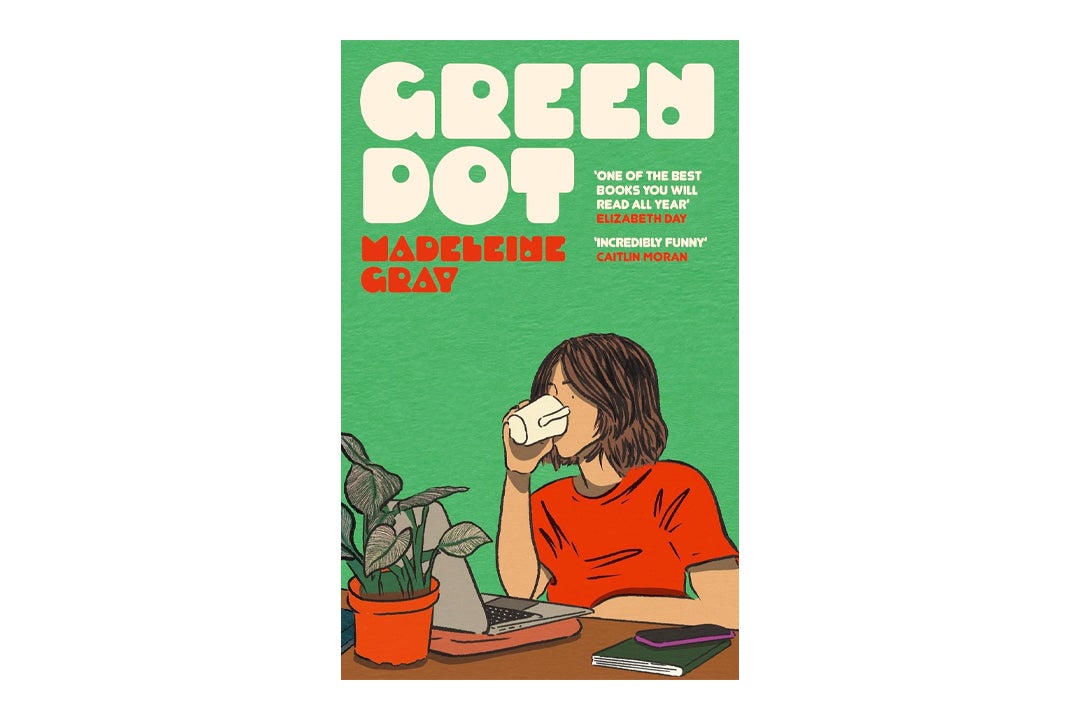
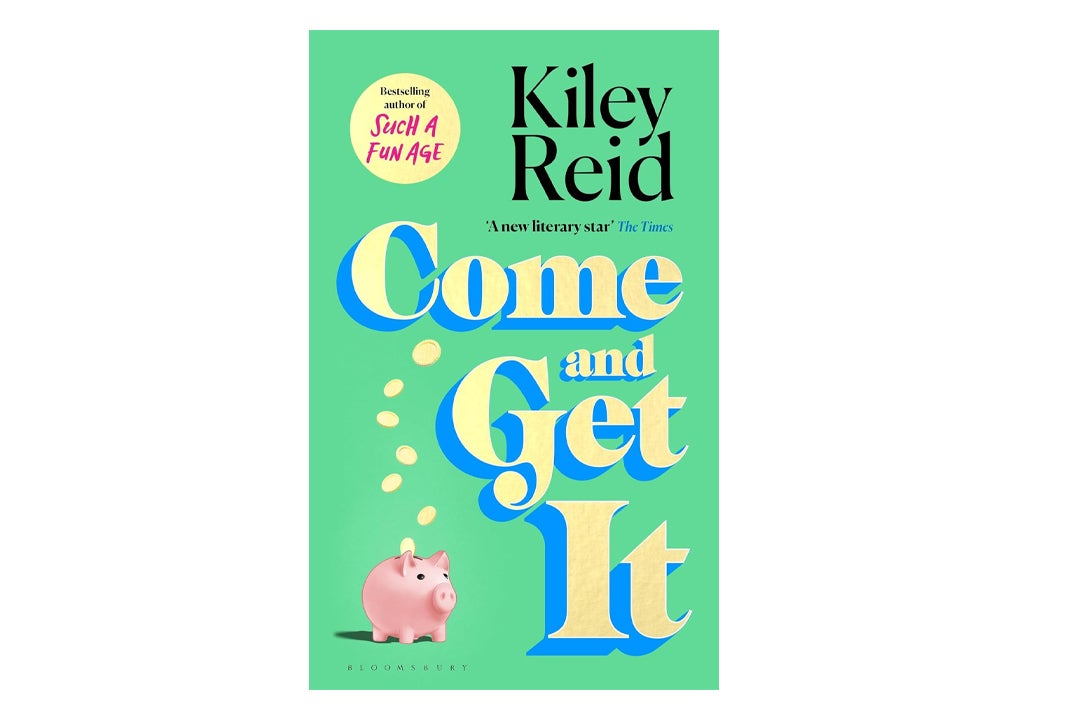 Best society satire ‘Come and Get It’ by Kiley Reid, published by Bloomsbury publishing Read review£8
Best society satire ‘Come and Get It’ by Kiley Reid, published by Bloomsbury publishing Read review£8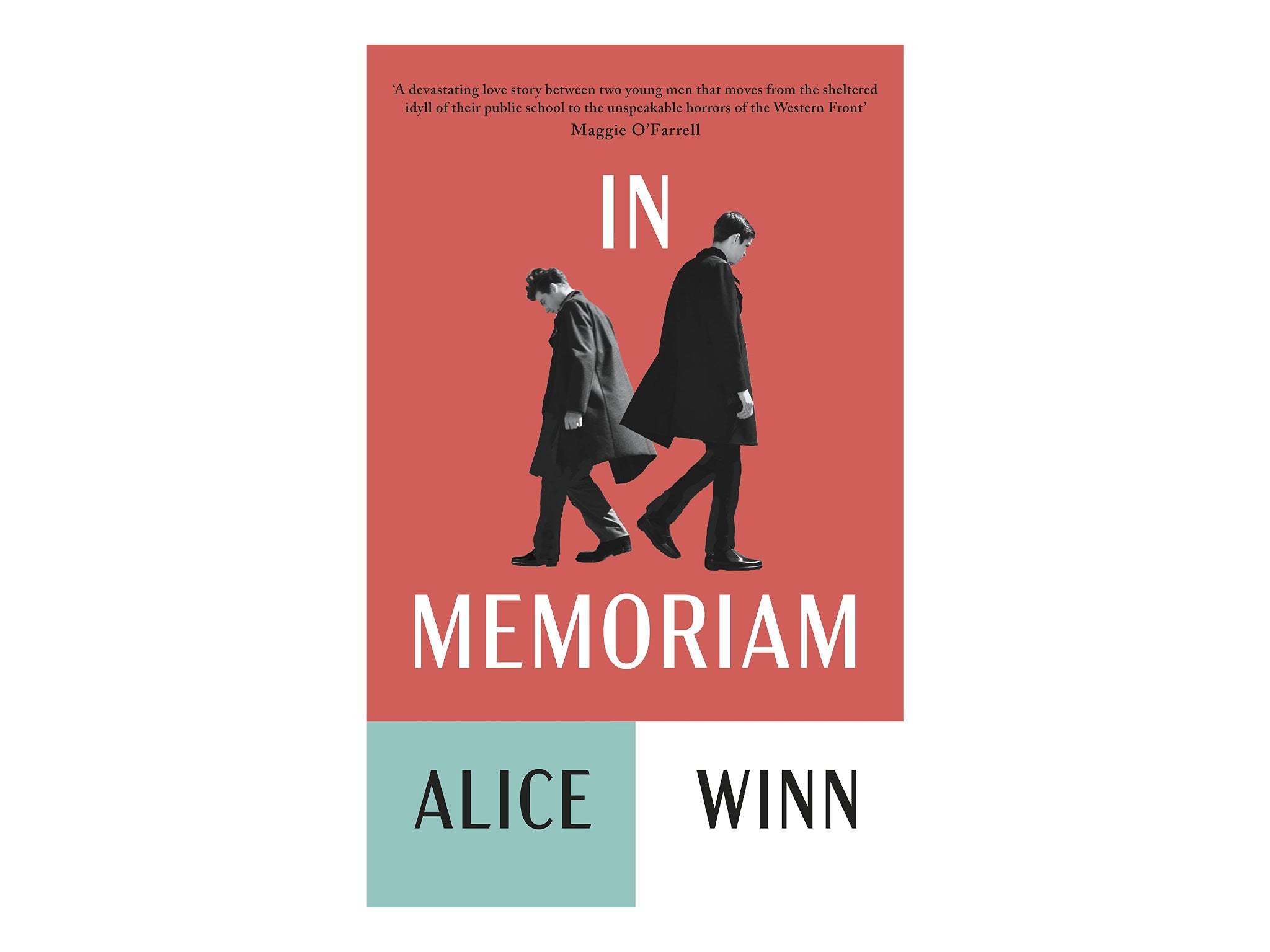
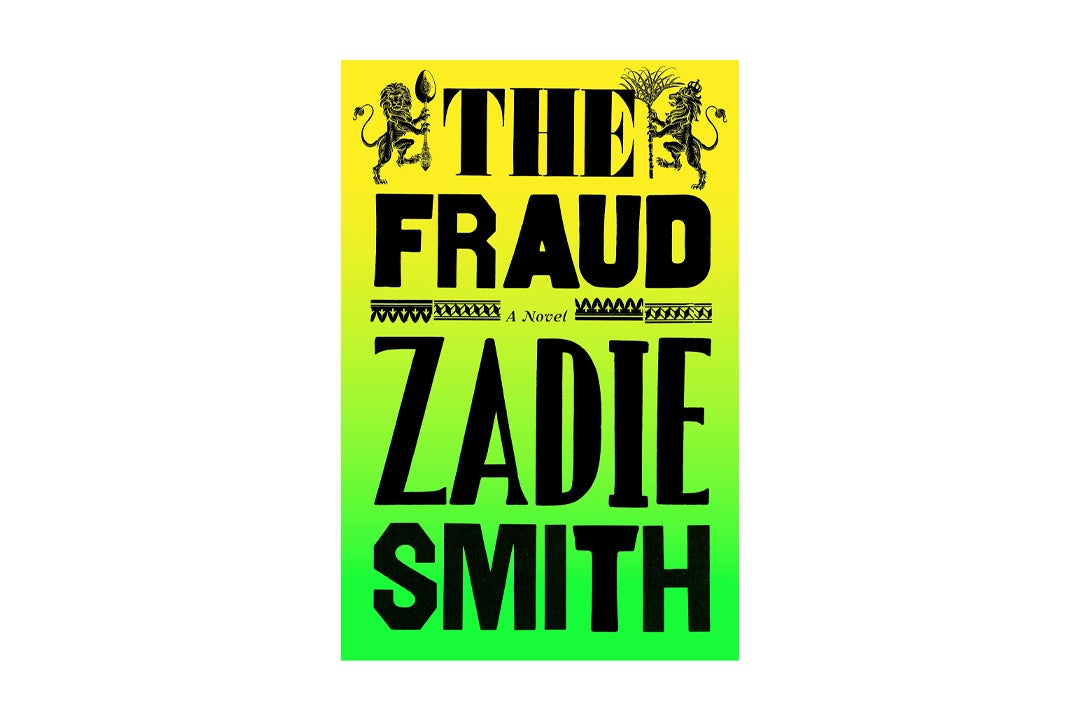


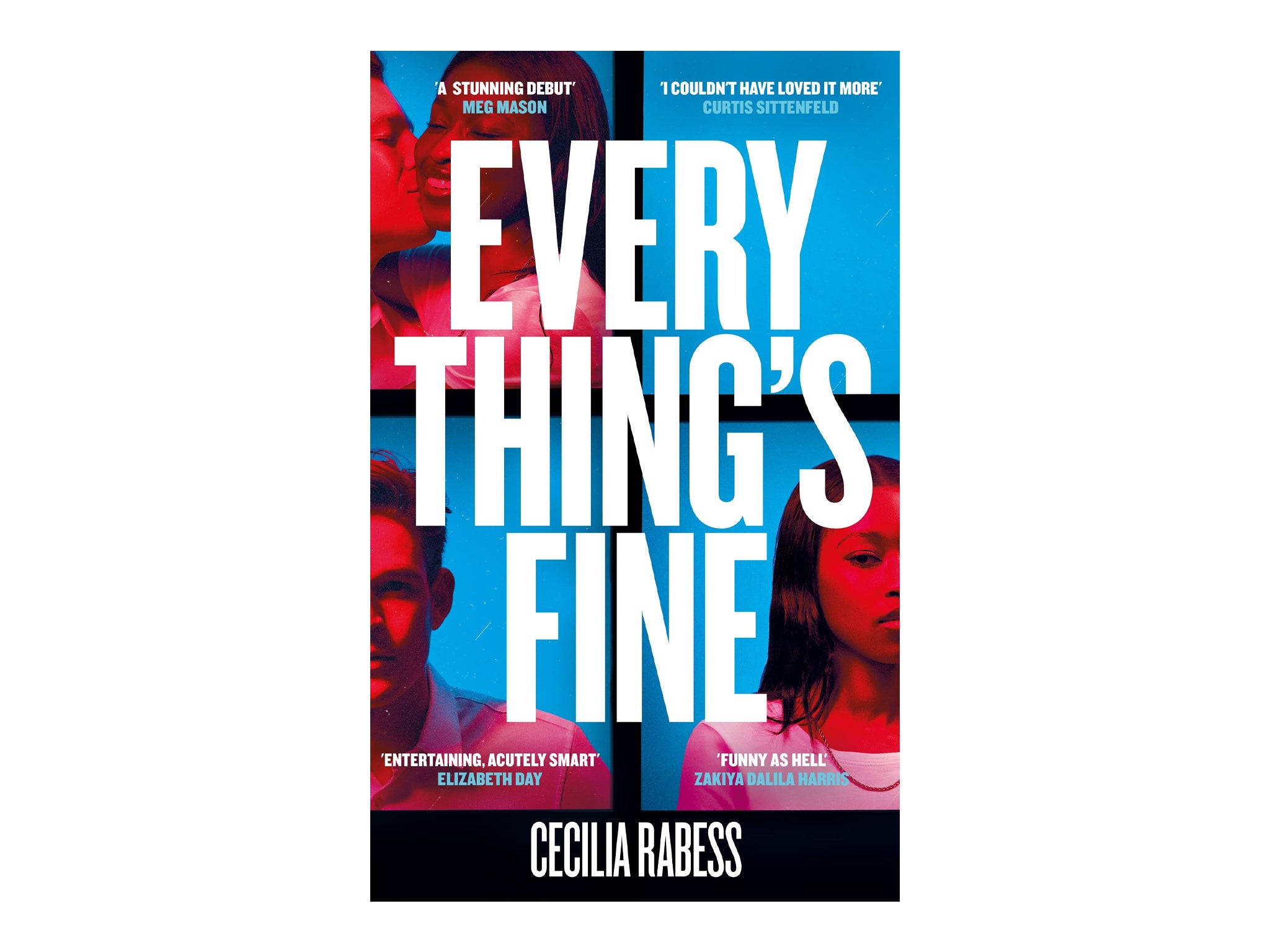 Best subversive romance novel‘Everything’s Fine’ by Cecilia Rabess, published by Simon & Schuster Read review£11
Best subversive romance novel‘Everything’s Fine’ by Cecilia Rabess, published by Simon & Schuster Read review£11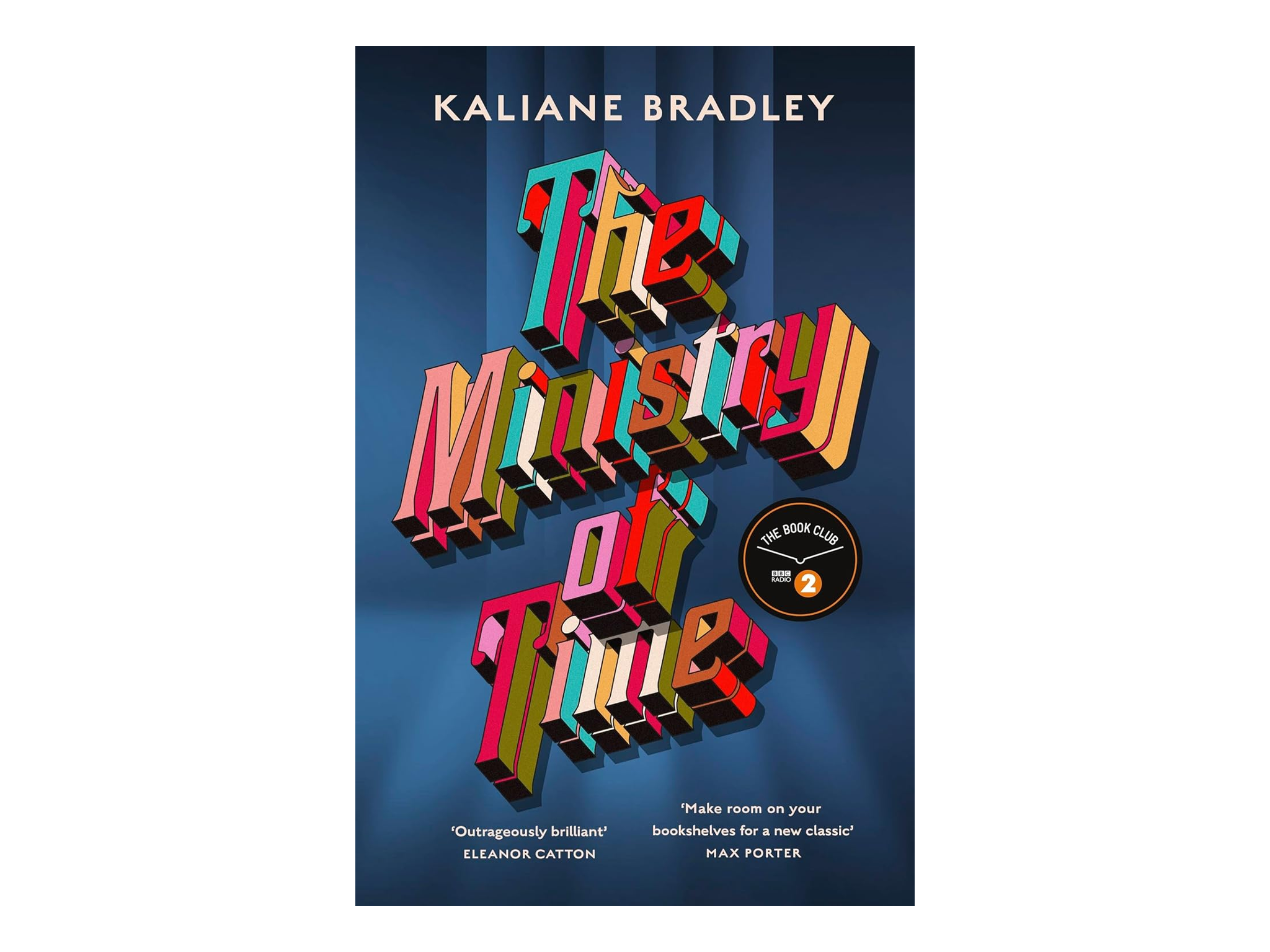 Best time-travel romance'The Ministry of Time’ by Kaliane Bradley, published by SceptreRead review£14
Best time-travel romance'The Ministry of Time’ by Kaliane Bradley, published by SceptreRead review£14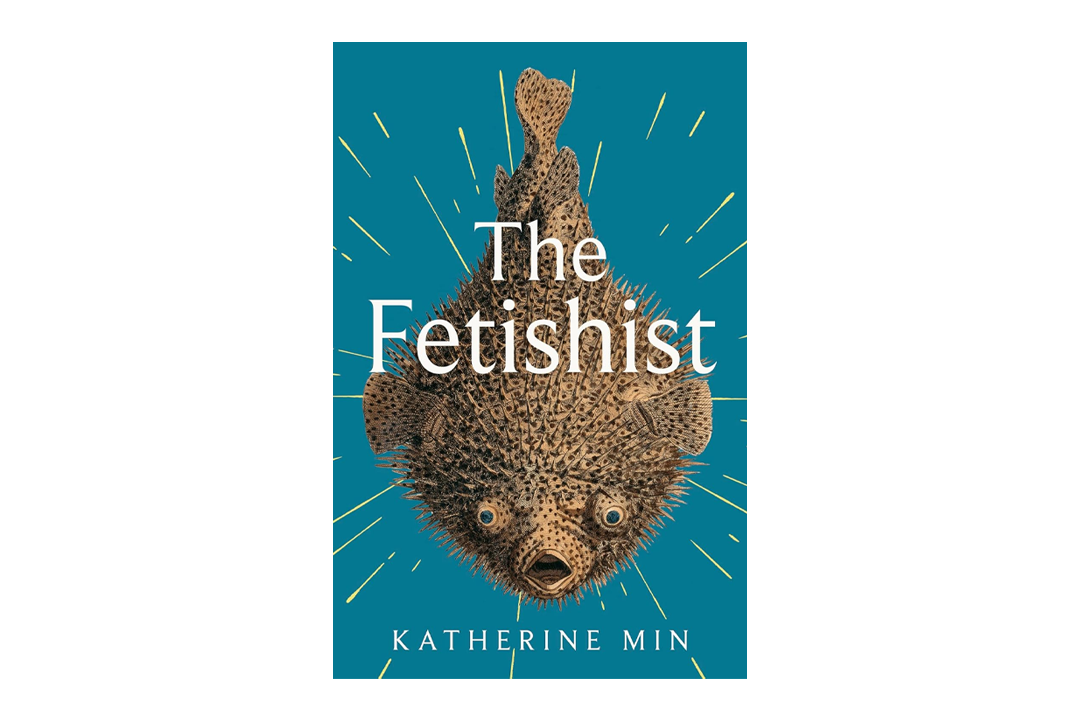
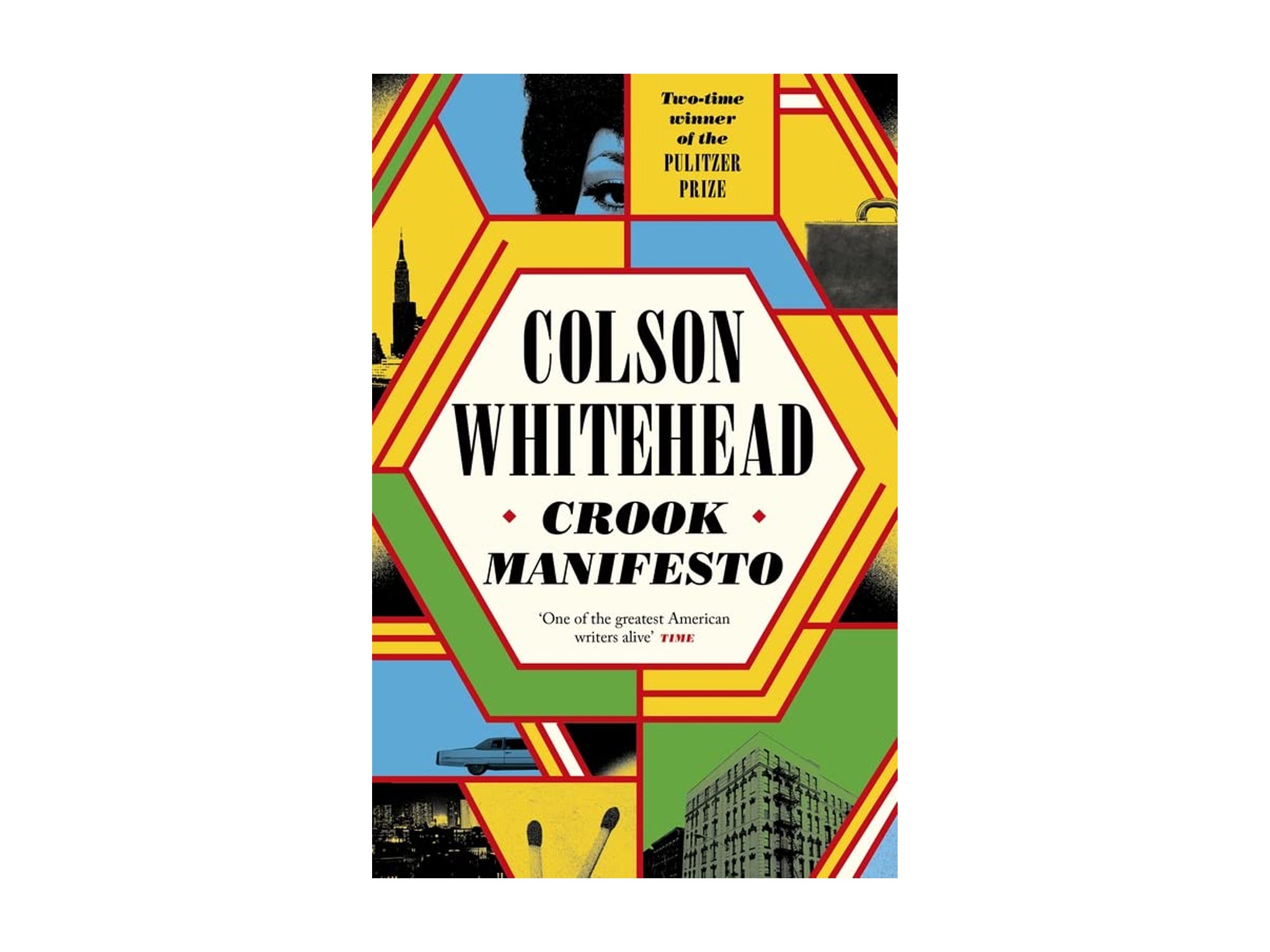
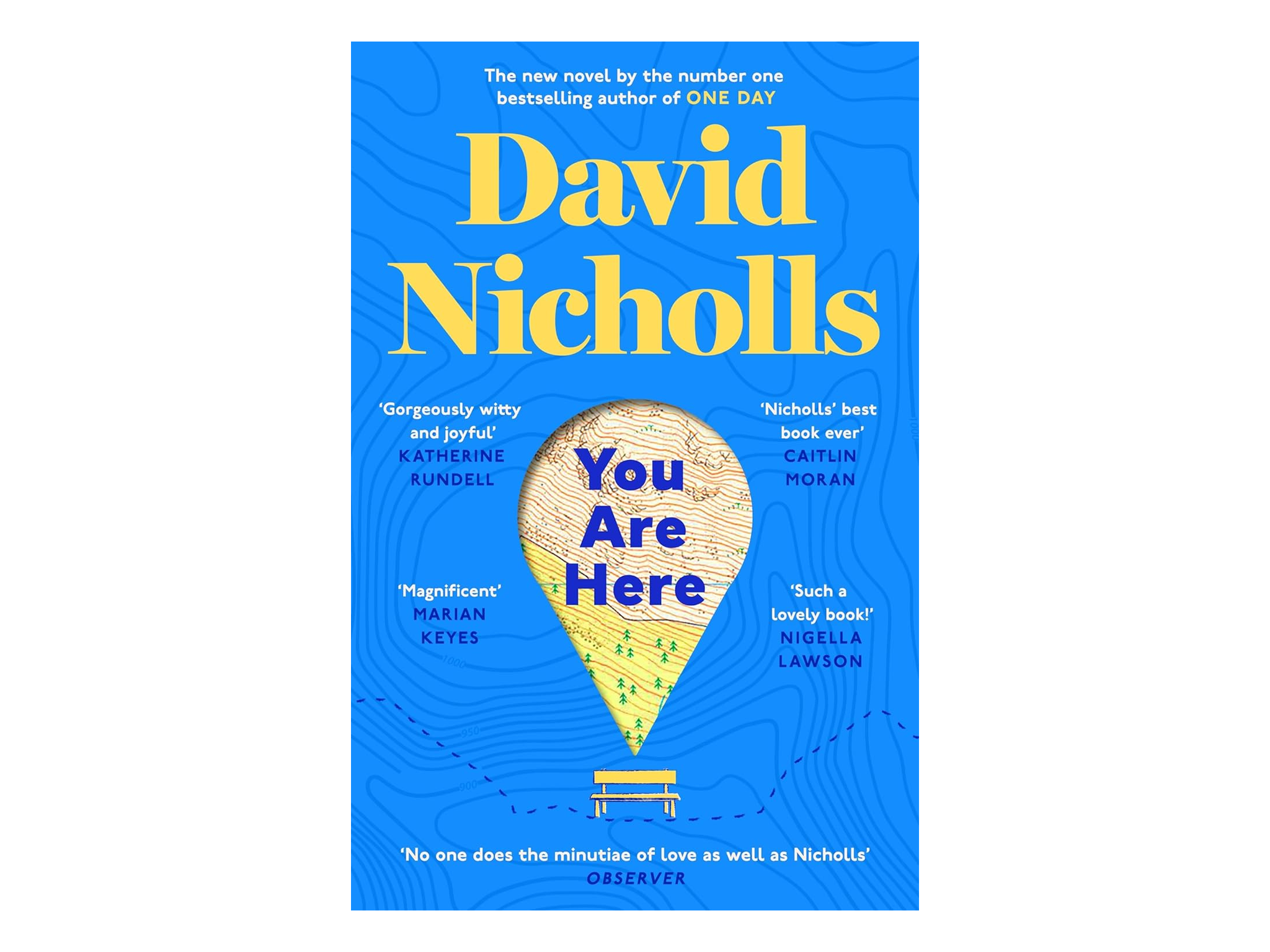
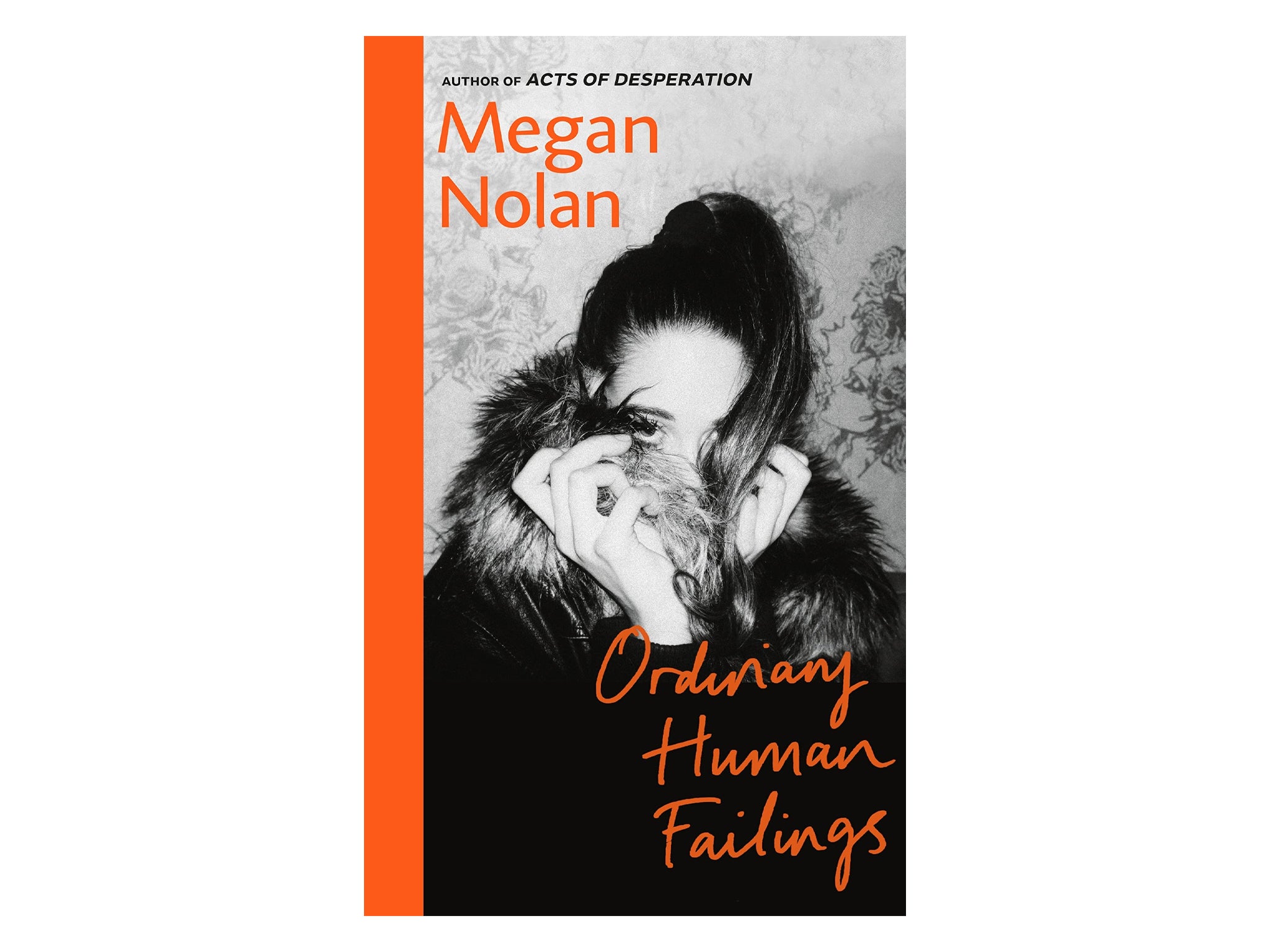
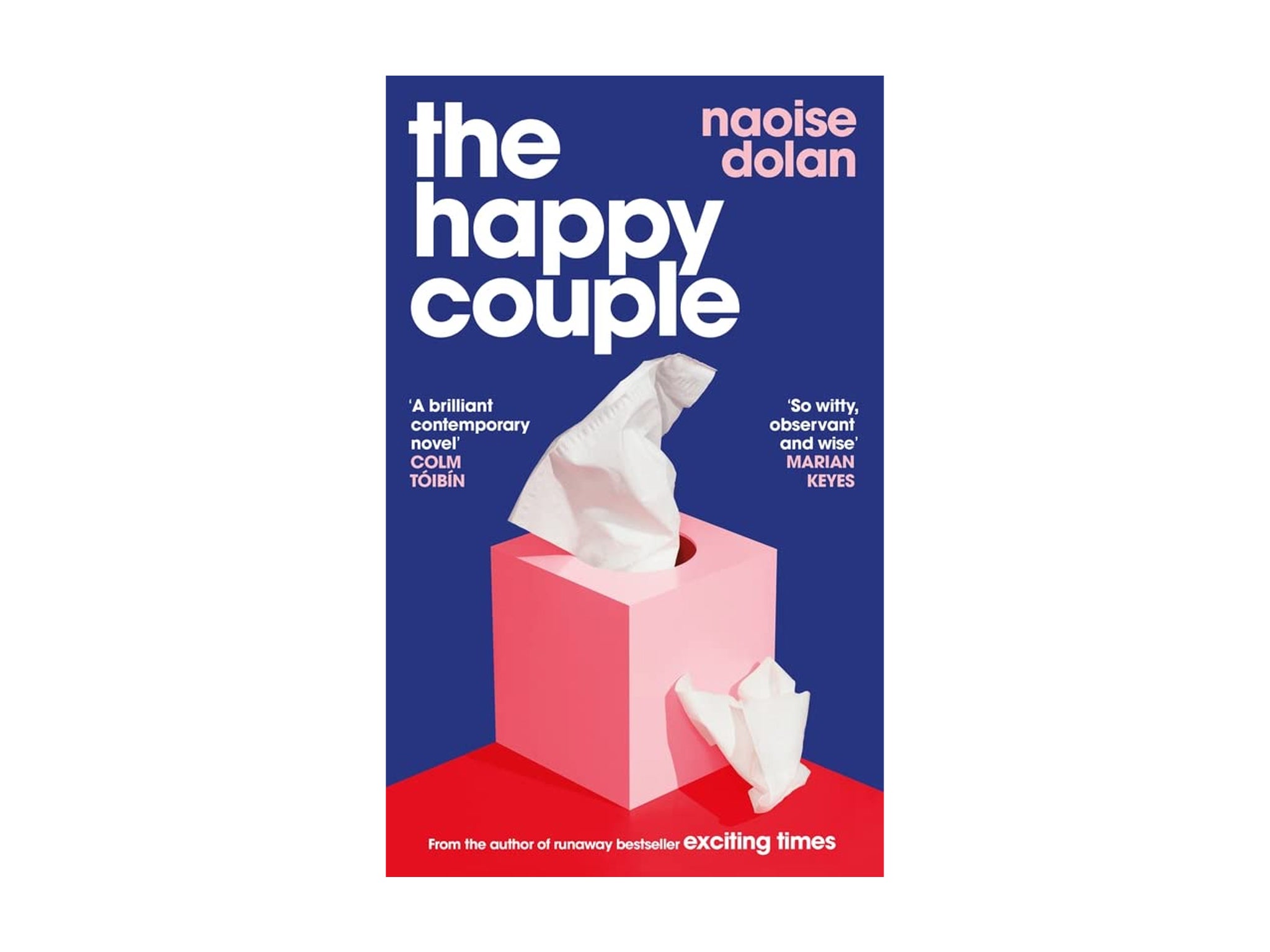 Best anti-romance novel‘The Happy Couple’ by Naoise Dolan, published by Orion Publishing Read review£8
Best anti-romance novel‘The Happy Couple’ by Naoise Dolan, published by Orion Publishing Read review£8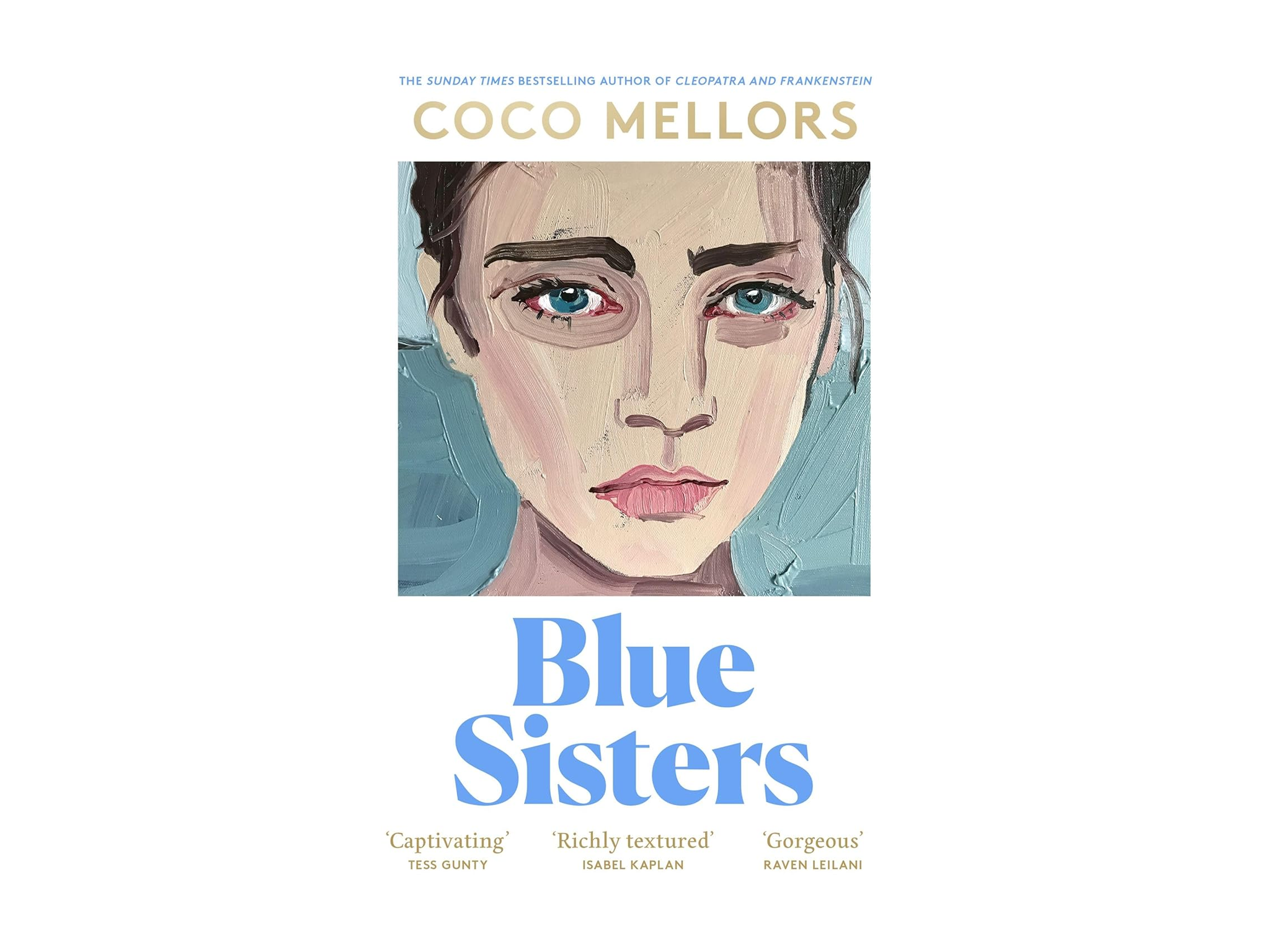
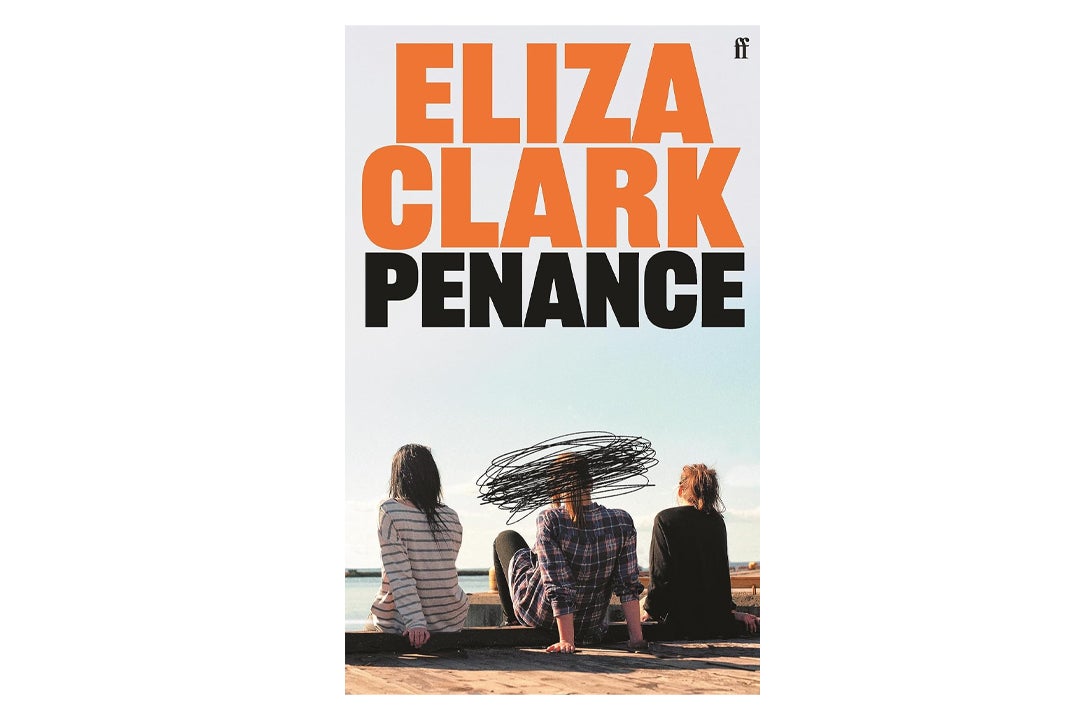
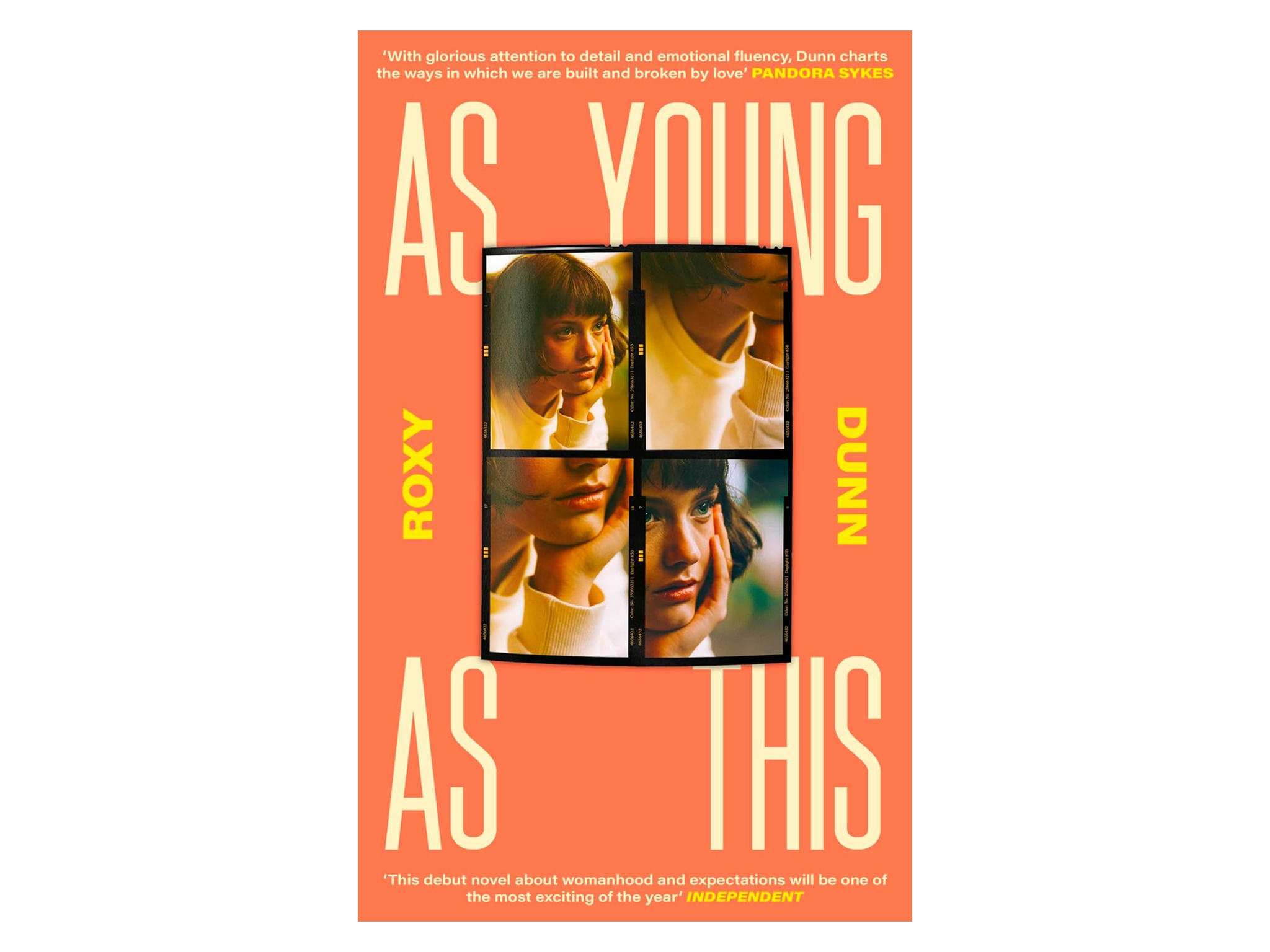
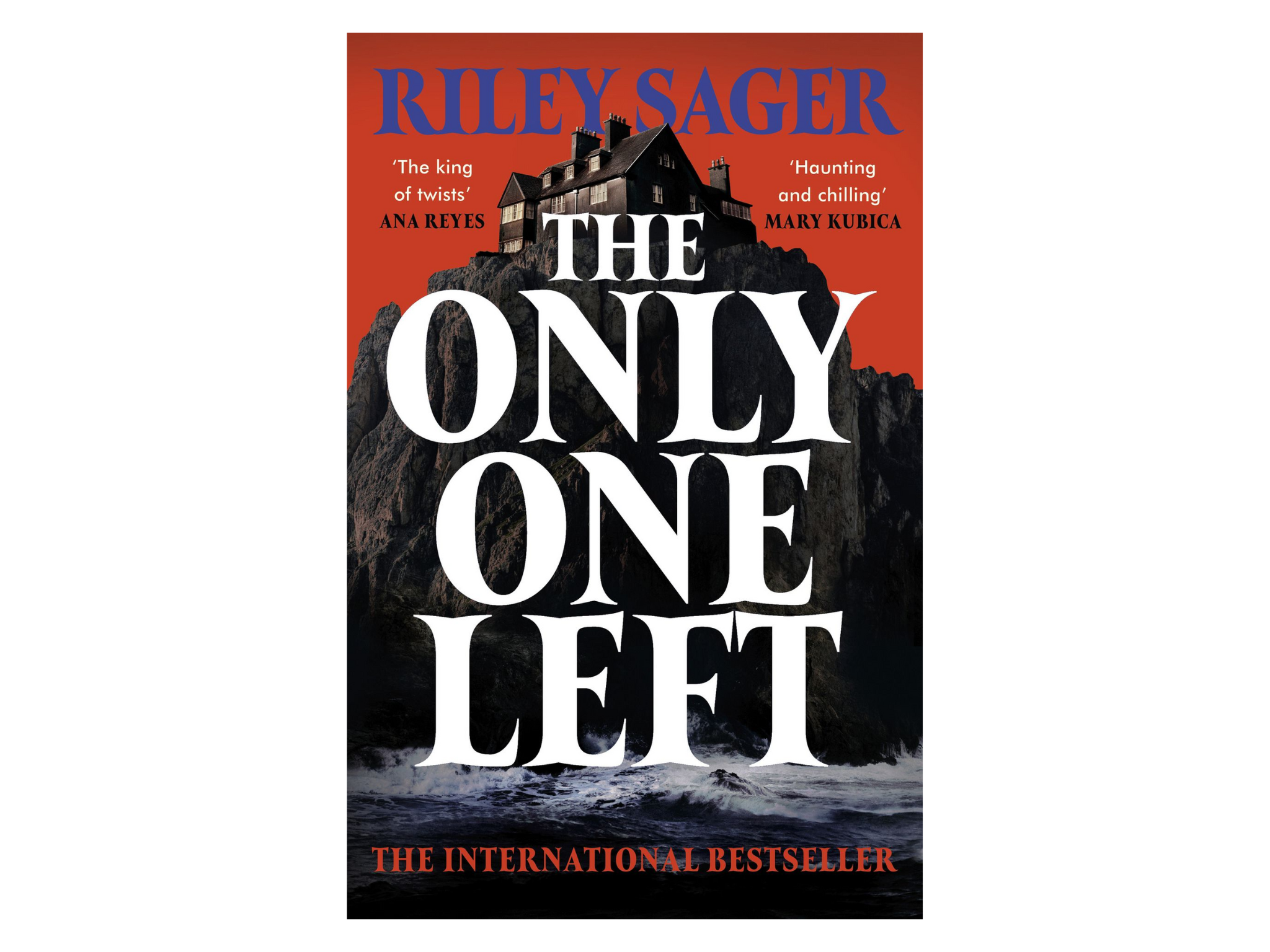 Best gothic thriller‘The Only One Left’ by Riley Sager, published by Hodder & StoughtonRead review£7
Best gothic thriller‘The Only One Left’ by Riley Sager, published by Hodder & StoughtonRead review£7
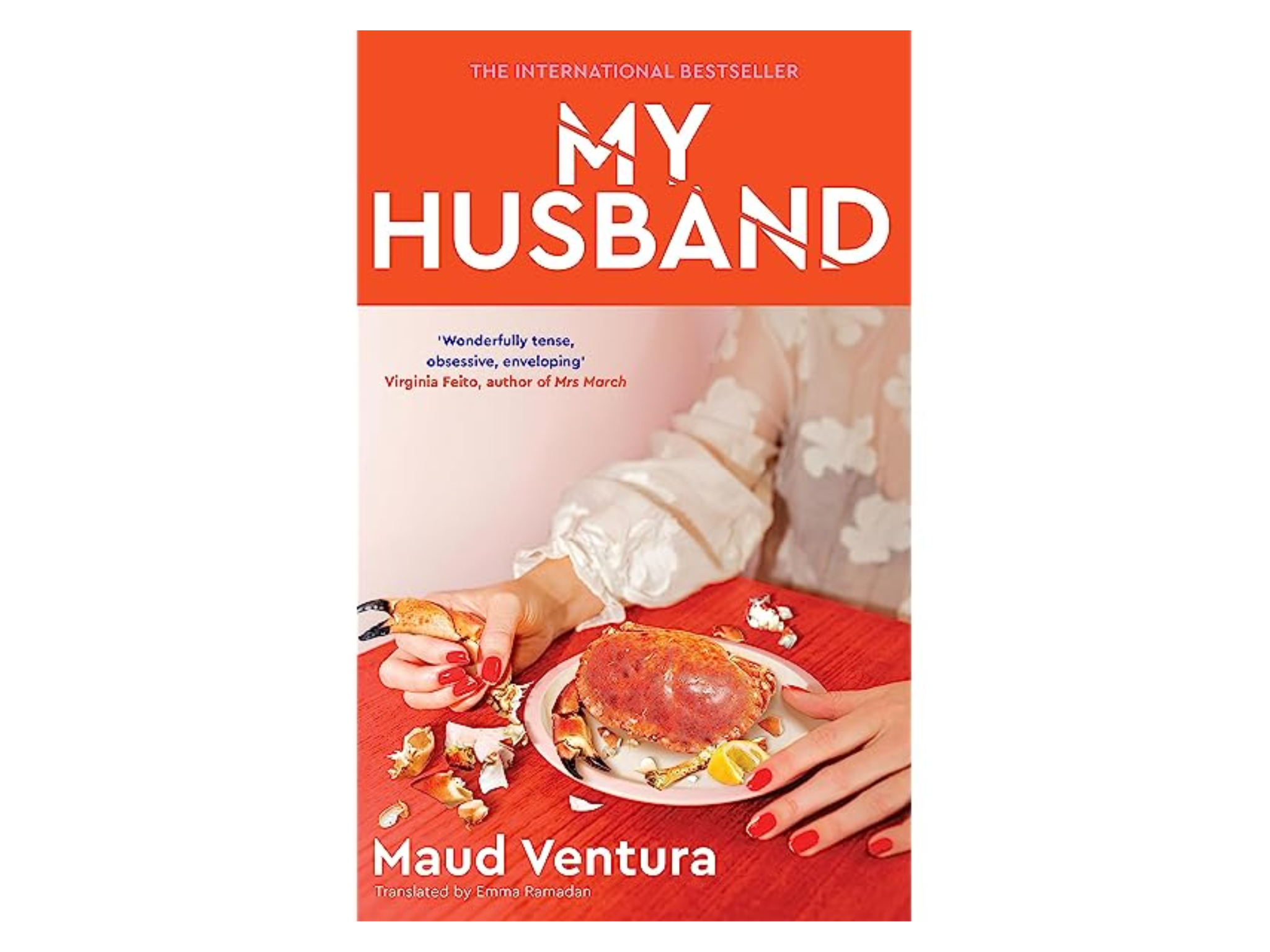
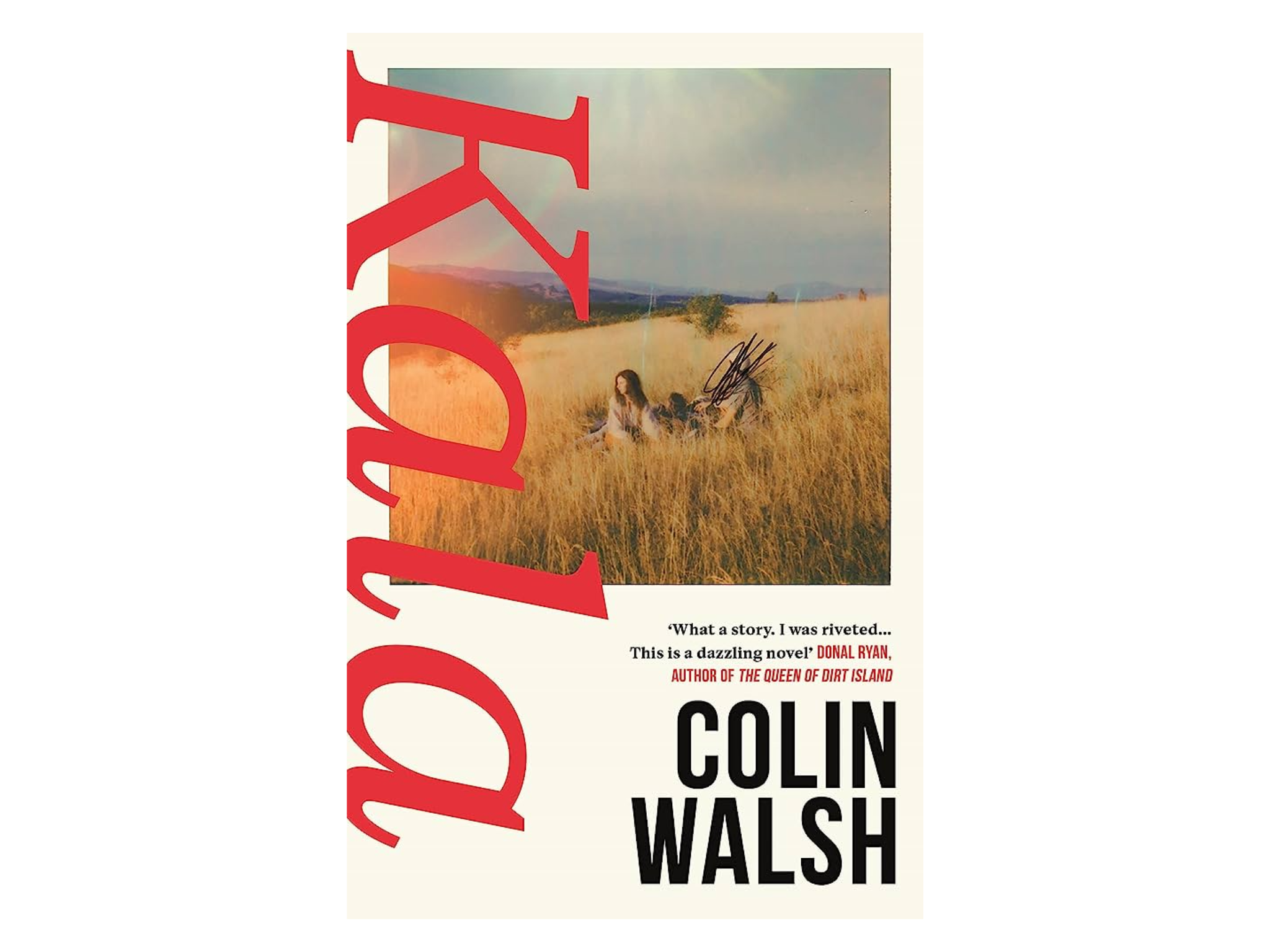
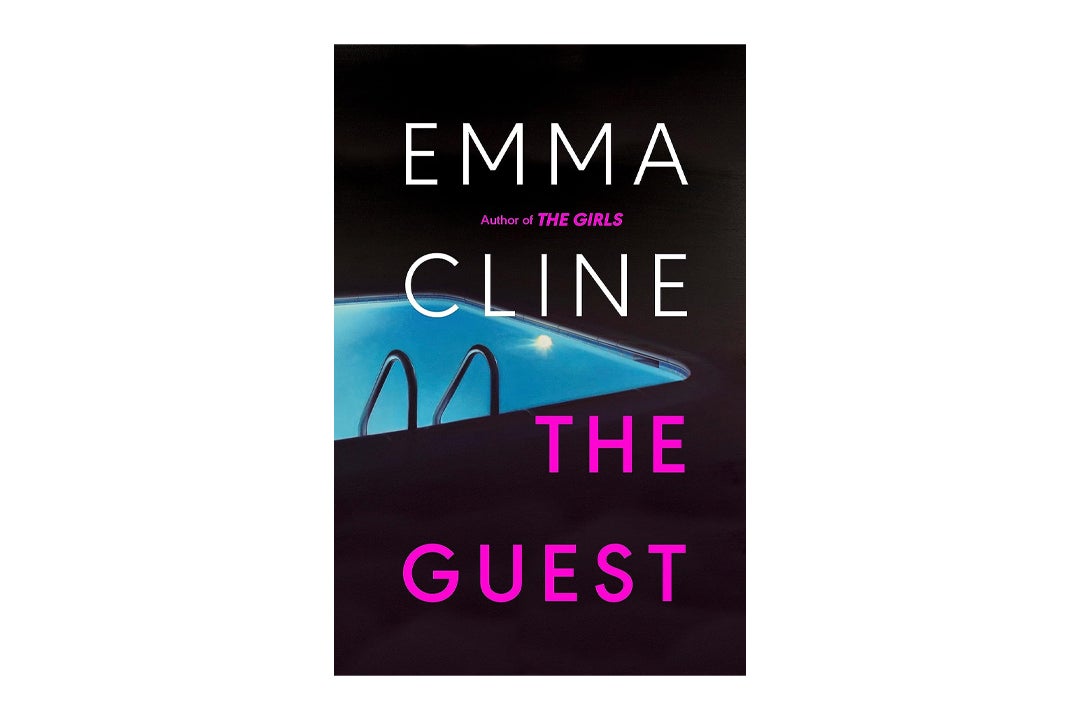
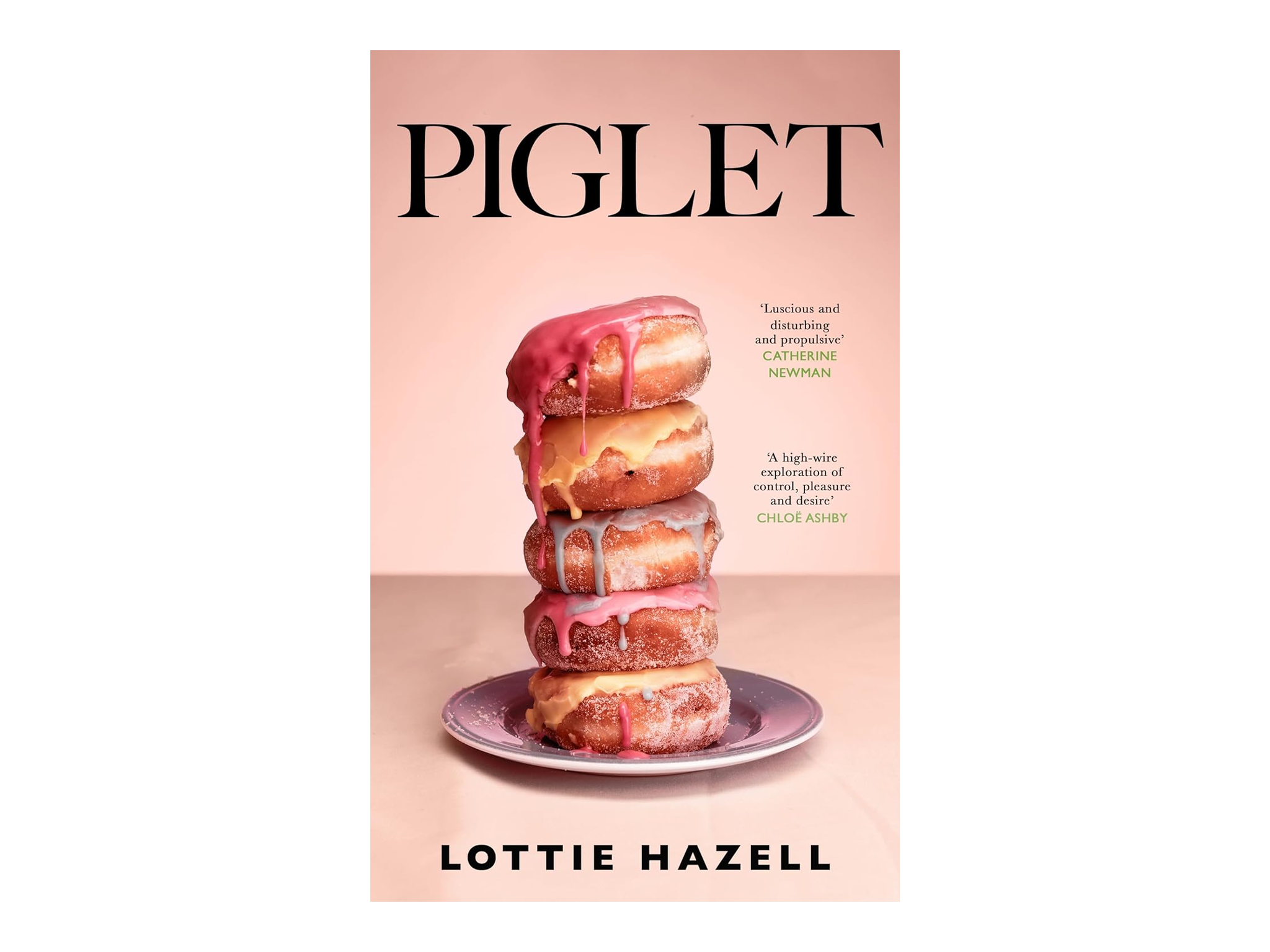
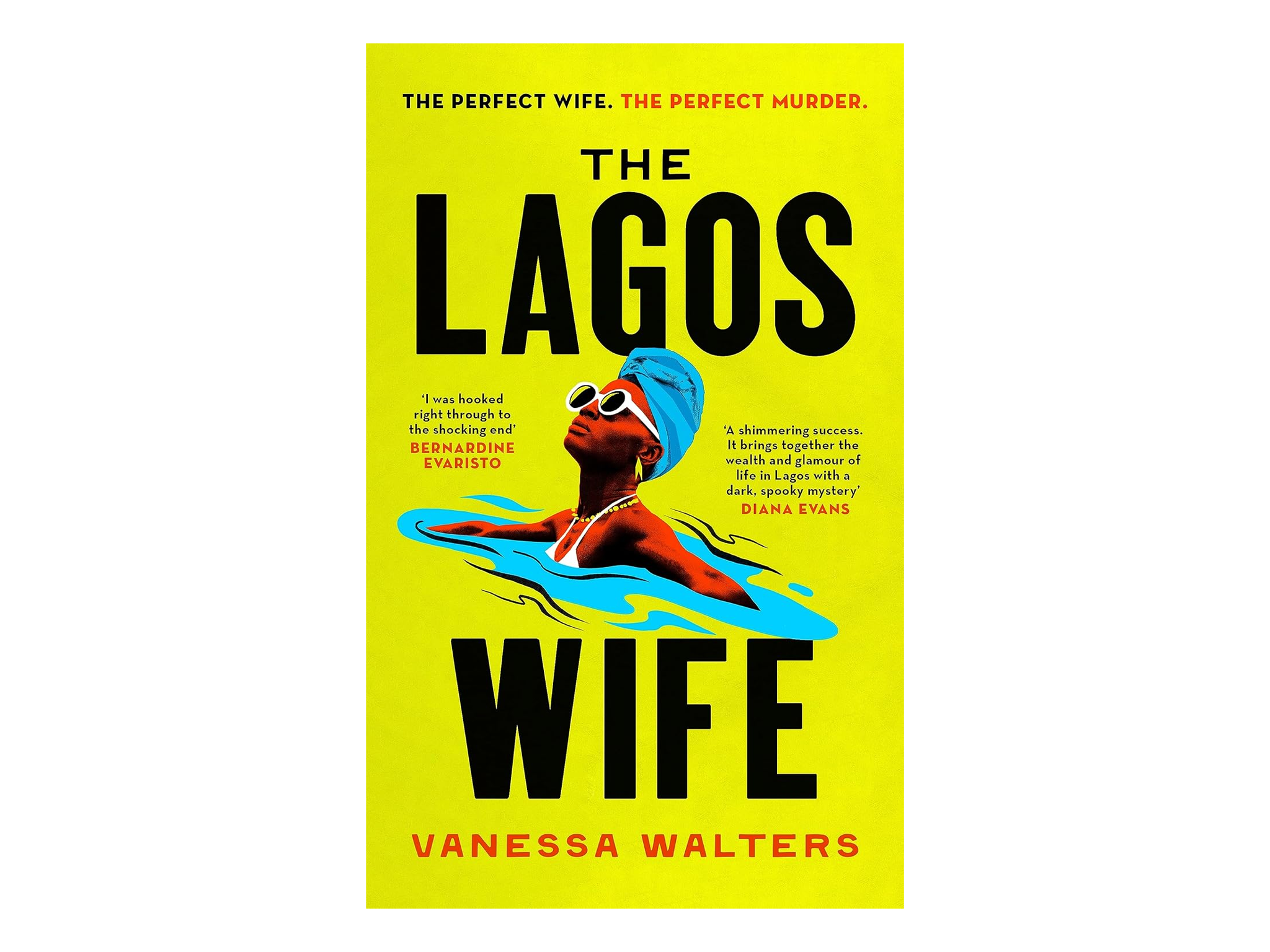
We’ve dug out our autumn coats and boots, spice latte’s are on the menu again and cosy evenings on the sofa are back on the agenda. With autumn officially here, it’s time to find a page-turner (or two) to get you through the colder months ahead.
The in-between season offers ample chance to dive into a new book. From easy-breezy reads ideal for the commute to immersive historical epics and novels that transport you to warmer climes, the criteria for a good book is simple: you won’t want to put it down.
Luckily, the releases (so far) for 2024 leave you spoiled for choice. From history novels to Booker Prize-winning thrillers and laugh-out-loud tomes, the mix is as eclectic as ever.
This year’s reading pile sees plenty of acclaimed debuts from the likes of Madeleine Grey, Roxy Dunn and Holly Gramazio, as well as eagerly anticipated titles from acclaimed authors such as Sally Rooney, Taffy Brodesser-Akner, Coco Mellors and David Nichols. Plus, the paperback releases of 2023 are equally worth diving into (and not just to save book shelf or hand luggage space) – think Yellowface, In Memoriam and The Bee Sting.
The varied authorship is reflected in the diverse themes addressed, ranging from an Irish family in turmoil and love in the trenches of the First World War to grieving sisters, slavery in the Caribbean, and dating across the political spectrum.
How we tested
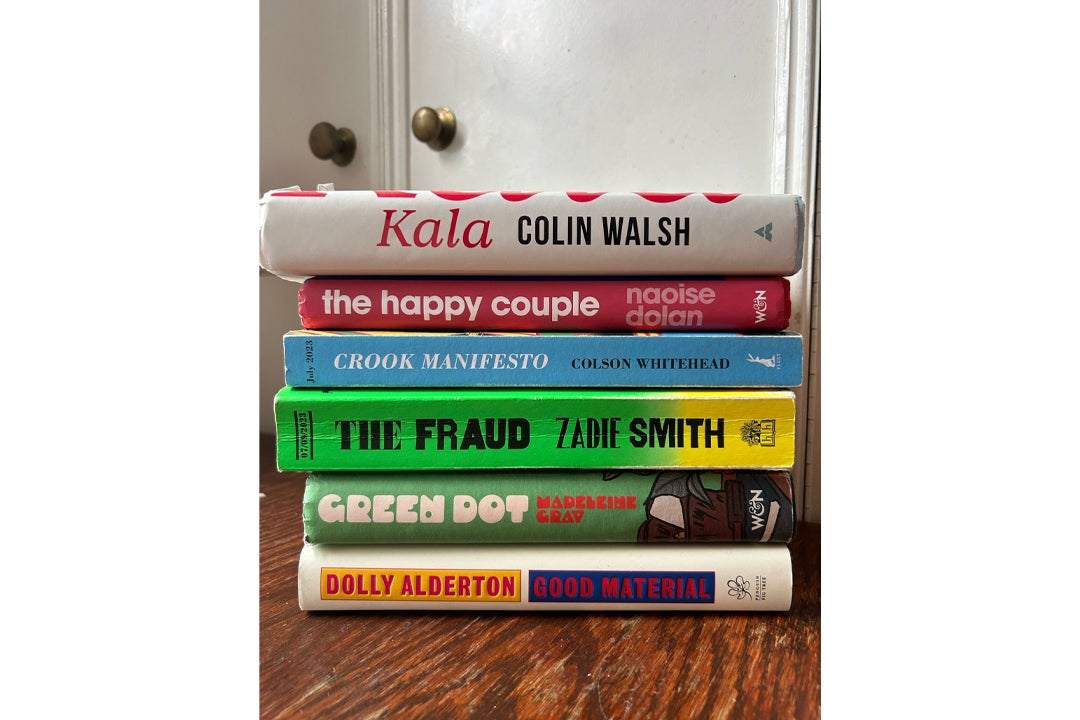
We’ve read dozens of new releases over the past year, including both hardbacks and paperbacks. This list includes the best original page-turners with superb quality prose and the most captivating stories that stayed with us after we’d reached the end. From books for history lovers to romance novels, witty romantic comedies and acclaimed prize-winners, there’s something for every type of reader.
The best new books to read in 2024 are:
- Best overall – ‘The Husbands’ by Holly Gramazio, published by Chatto & Windus: £13.45, Amazon.co.uk
- Best family saga –The Bee Sting by Paul Murray, published by Hamish Hamilton: £8.49, Amazon.co.uk
- Best literary thriller –Yellowface by Rebecca F Kuang, published by The Borough Press: £4.99, Amazon.co.uk
- Best romance novel – You are Here by David Nicholls, published by Sceptre: £10, Amazon.co.uk
- Best time-travel romance – The Ministry of Time by Kaliane Bradley, published by Sceptre: £14.09, Amazon.co.uk
‘The Husbands’ by Holly Gramazio, published by Chatto & Windus

- Best: Overall
- Genre: Romantic comedy
- Release date: 4 April 2024
A romantic comedy with a surrealist twist, The Husbands follows Lauren, a single, thirtysomething woman who returns to her two-bed flat in South London one evening to find she has a husband. If that wasn’t unexpected enough, she then discovers if she sends her husband into the attic he’ll be replaced by a new one. With every new husband who descends from the magic attic, Lauren finds she also has a new life, habits and sometimes even career.
Over the course of more than 200 husbands at a near-daily rate, the book becomes a satirical and smart dissection of swipe-right dating, as Lauren sends the husbands she finds minor faults with back into the attic to start afresh with a new one (if only life was that easy).
From needy and aloof husbands to cheating or just plain weird husbands, Gramazio’s descriptions of the various partners are a riot to read. Lighthearted, utterly unique and hilarious, this fresh debut is the perfect escapism going into the new season.
Read the ebook now:
- Kindle: £4.99, Amazon.co.uk
- Apple Books: £4.99, Apple.com
Listen to the audiobook now:
- Audible: £11.37, Amazon.co.uk
‘Intermezzo’ by Sally Rooney, published by Faber & Faber

- Best: Character development
- Release date : 24 September 2024
- Genre: Family drama/romance
Normal People author Sally Rooney has returned with her fourth novel, Intermezzo. Just like her previous novels, the new tome explores messy relationships and the love or loss that can come with them. But this time they aren’t just romantic, with the novel centering on two brothers in Dublin, 22-year-old Ivan and 32-year-old Peter. Ivan is a socially awkward, local chess star, while Peter is an extroverted but cynical lawyer. On paper, the two brothers couldn’t be more different, but both are greiving the recent death of their father and struggling to convey their complicated emotions.
At the start of the novel, Ivan begins a relationship with Margaret, a woman 16 years older, while Peter is stuck between the love of his life, Sylvie, who’s suffering from chronic pain after a car accident, and his 22-year-old student lover. Written in Rooney’s signature prose with comic moments that lift the tone, it shifts between Ivan, Peter and Margaret’s narration with Joycean-style stream of consciousness sequences. Rooney’s talent is character writing and each line of Intermezzo paints a more vivid picture of Ivan, Peter and their complicated relationship. Joining the ranks of literary characters you won’t forget (see Connell and Marianne), Intermezzo is a powerful, quiet and moving story.
‘Long Island Compromise’ by Taffy Brodesser-Akner, published by Wildfire

- Best: Satire
- Genre: Family saga
- Release date: 9 July 2024
Both Taffy Brodesser-Akner’s debut Fleishman is In Trouble and the Apple TV adaptation were critically acclaimed, so, the writer had a lot to live up to with her follow-up. A satire of the wealthy, Long Island Compromise tells the story of a rich multi-generational Jewish family in Long Island, New York. It begins with an engrossing account of the kidnapping of factory owner Carl Fletcher in 1980 by men holding him to a ransom of $250,000. The impact of this traumatic week-long ordeal reverberates down his family. His sons are both dysfunctional in adulthood: Beamer has a fierce addiction problem (both with drugs and his weekly dominatrix), while Nathan has crippling anxiety and spends his inherited millions on various life insurance schemes. Meanwhile, Carl’s daughter Jenny is just as lost and aimless.
When Carl’s mother and glue of the family dies, the Fletchers must grapple with their collective trauma and the possibility of money not actually being able to fix all their problems. Engrossing and darkly comic, this book will see you growing to despise and love the Sucession-style characters in equal measure. The TV rights have already been snapped up, of course.
Read the ebook now:
- Kindle: £10.99, Amazon.co.uk
- Apple Books: £10.99, Apple.com
Listen to the audiobook now:
- Audible: £12.99, Amazon.co.uk
Caledonian Road by Andrew O’Hagan, published by Faber & Faber

- Best: State of the nation novel
- Genre: Social satire
- Release date: 4 April 2024
Andrew O’Hagan (author of the beloved book Mayflies) is back with his latest novel: Caledonian Road. A vast state-of-the-nation novel that jumps between characters and social worlds, the book’s near-700 pages contain Dukes and Duchesses, drill groups, refugees, journalists, students and more – painting a vivid picture of our post-pandemic, post-Brexit times.
Campbell Flynn is a well-known art historian who now mixes with the upper echelons, despite his Scottish tenement upbringing. As both his material and mental state become increasingly fragile, O’Hagan pays just as much attention to the wider cast of characters, from Milo, a young computer hacker, to Flynn’s publically disgraced old university friend and bitter sitting tenant (the book even comes with a cast list so you don’t lose track). A novel that’s just as much about the city of London and the fall of a man as it is a biting satire on modern society, class and politics, Caledonian Road is a masterful feat of storytelling.
Read the ebook now:
- Kindle: £9.99, Amazon.co.uk
Listen to the audiobook now:
- Audible: £20.99, Amazon.co.uk
‘The Bee Sting’ by Paul Murray, published by Hamish Hamilton

- Best: Family saga
- Genre: Comedy drama
- Release date: 2 May 2024 (paperback)
Paul Murray’s The Bee Sting is a tour de force of fiction. The Barnes, a once-well-off Irish family, are in the midst of emotional and financial strain. Set during turbulent months in their claustrophobic town (think floods, droughts and the aftermath of recession), Murray expertly gives us each family member’s perspective of the same events – with flashbacks unravelling an intricate story of betrayal, crime and lust.
Profound on the human condition, utterly gripping and peppered with comedy, Murray’s novel is a must-read this year.
Read the ebook now:
- Apple Books: £5.99, Apple.com
- Kindle: £5.99, Amazon.co.uk
Listen to the audiobook now:
- Apple Books: £9.99, Apple.com
- Audible: £14.87, Amazon.co.uk
‘Good Material’ by Dolly Alderton, published by Fig Tree

- Best: Comedy novel
- Genre: Comedy
- Release date: 1 August 2024 (paperback)
Some writers suffer from second-novel syndrome, but not Dolly Alderton. The author and columinist’s second book Good Material is a cliché-avoiding break-up novel, in the vein of Nick Hornby’s High Fidelity.
Told through the eyes of recently dumped Andy, we follow him as he grapples with single life after his girlfriend realised she wanted to be alone. This in itself is a powerful narrative, with Alderton making a case for the happy and single 30-something woman.
Genuinely laugh-out-loud funny – with characters straight out of a Richard Curtis film (the elderly lodger who’s prepping for doomsday is a highlight) – whipsmart dialogue and relatable millennial themes (Alderton’s forte) mean there’s never a dull moment. Despite it being a pleasingly easy read (we tore through it in a single day), Good Material still manages to be thought-provoking and wise.
Read the ebook now:
- Apple Books: £9.99, Apple.com
- Kindle: £4.99, Amazon.co.uk
Listen to the audiobook now:
- Apple Books: £9.99, Apple.com
- Audible: £11.37, Amazon.co.uk
‘Yellowface’ by Rebecca F Kuang, published by The Borough Press

- Best: Literary thriller
- Genre: Thriller
- Release date: 9 May 2024 (paperback)
A satire of the publishing industry and brazen exploration of cancel culture, Rebecca F Kuang’s literary heist Yellowface is one the most gripping books of the year. It begins with the freak accident death of young, famed writer Athena Liu (she chokes on pancake mixture, setting the preposterous tone for the rest of the book), witnessed by her sometimes-friend and aspiring (currently failing) novelist June Hayward.
After June steals Athena’s unfinished manuscript and publishes it under her own name to acclaim, she is thrown into the fame, money and relevance she’s always desired. But when her secret threatens to become known, June must decide how far she will go to maintain her reputation. Addictive and uncomfortable, with plenty of savagely funny moments, Kuang’s novel is a must-read.
Read the ebook now:
- Apple Books: £4.99, Apple.com
- Kindle: £4.99, Amazon.co.uk
Listen to the audiobook now:
- Apple Books: £12.99, Apple.com
- Audible: £11.37, Amazon.co.uk
‘Green Dot’ by Madeleine Grey, published by W&N

- Best: Affair novel
- Genre: Romance
- Release date: 1 February 2024
There’s nothing new about an affair novel – but, testament to Madeleine Grey’s writing, Green Dot is fresh and modern. Hera, a 24-year-old, has just started an admin job at a newspaper, where she meets Arthur. Older, more senior and attractive, Hera distracts herself from the boredom of her day-to-day life by crashing headfirst into a workplace romance.
When she discovers he’s married, the illicit affair consumes her life. Part Bridget Jones, part Fleabag, Green Dot is funny, fast-paced and witty, with plenty of relatable millennial and Gen Z references (and not to mention a painfully relatable lockdown passage). We tore through it.
Read the ebook now:
- Apple Books: £9.99, Apple.com
- Kindle: £9.99, Amazon.co.uk
Listen to the audiobook now:
- Apple Books: £9.99, Apple.com
- Audible: £12.99, Amazon.co.uk
‘Come and Get It’ by Kiley Reid, published by Bloomsbury publishing

- Best: Society satire
- Genre : Comedy drama
- Release date: 30 January 2024
Kiley Reid’s debut Such a Fun Age was a runaway success in 2020. Now she’s back with Come and Get It, a page-turning take on money and power dynamics. Desperate to get on the property ladder, graduate and land a good job, Millie is working as a student advisor and living in dorms. Meanwhile, visiting professor and writer Agatha is doing research for a new book and wants to interview some of the students in Millie’s dorm.
Jumping at the chance to increase her income, Millie agrees, and the two women become embroiled in a world of student angst, pranks, and theatrics. Despite the story rarely leaving campus grounds, the novel has a gripping wide scope that explores society’s obsession with money, desire, and consumption.
Read the ebook now:
- Apple Books: £10.99, Apple.com
- Kindle: £7.97, Amazon.co.uk
Listen to the audiobook now:
- Audible: £12.99, Amazon.co.uk
- Apple Books: £12.99, Apple.com
‘In Memoriam’ by Alice Winn, published by Viking

- Best: War novel
- Genre: Historical fiction
- Release date: 24 February 2024 (paperback)
Beginning in a private boarding school for boys, before taking us to the horror of the trenches during World War One, Alice Winn’s blistering debut is an unforgettable read. We’re first introduced to the book’s central figures – Gaunt and Ellwood – in 1914, when both schoolboys are secretly in love with each other. When half-German Gaunt is pressured by his mother to enlist in the British army, he is relieved to run away from his forbidden feelings for his best friend. But when the true terror of the war is revealed to him, he is soon devastated when Ellwood and other classmates follow him to the Western Front.
A love story set against the tragedies of war, Winn’s rousing writing transports you to the trenches, where an entire generation of lost men are brought to vivid life – the characters will stick with you, long after the final page.
Read the ebook now:
- Apple Books: £4.99, Apple.com
- Kindle: £4.99, Amazon.co.uk
Listen to the audiobook now:
- Apple Books: £7.99, Apple.com
- Audible: £11.37, Amazon.co.uk
‘The Fraud’ by Zadie Smith, published by Hamish Hamilton

- Best: Novel about real people
- Genre: Historical
- Release date : 7 September 2023 (hardback), 6 June 2024 (paperback)
Zadie Smith’s first foray into historical fiction, The Fraud is based on true events and juxtaposes a portrait of Victorian life and slavery in the Caribbean. The titular fraud in question is the Tichborne Claimant – a butcher who claimed to be an aristocratic heir in an 1873 trial that gripped the country. Real-life cousin and housekeeper to the largely forgotten novelist William Ainsworth, Smith reimagines Eliza Touchet’s mostly unknown life and her fascination with the case and its prime witness, an ageing Black man named Andrew Bogle.
The author’s version of Bogle’s backstory provides most of the second half of the book, beginning with his father’s abduction in the 1770s to the Hope Plantation in Jamaica. Affecting and devastating, it’s in stark contrast to the humdrum domestic middle-class Victorian life also explored. In typical Zadie style, the narrative structure and decade leaping require you to pay attention – but you’re heavily rewarded with the sheer breadth of the novel and its vividly painted characters.
Read the ebook now:
- Apple Books: £9.99, Apple.com
- Kindle: £5.99, Amazon.co.uk
Listen to the audiobook now:
- Apple Books: £5.99, Apple.com
- Audible: £11.37, Amazon.co.uk
‘The List’ by Yomi Adegoke, published by Fourth Estate

- Best: Buzzy summer book
- Genre: Relationships, social media
- Release date: 25 April 2024 (paperback)
The book that everyone was talking about last year, Slay In Your Lane writerYomi Adegoke’s debut novel is so buzzy that an HBO TV adaptation is already in the works. Podcaster Michael and journalist Ola are a young couple on the cusp of marriage when their world is blown apart by allegations of abuse made against Michael online in “The List”.
Having made a career of exposing such men, Ola is torn between believing Michael’s innocence or supporting the women who anonymously submitted their stories to the list. Thought-provoking and topical in its exploration of life both online and offline, and the fallout of cancel culture, it’s written with sharp insight and is impossible to put down. The hype is real.
Read the ebook now:
- Apple Books: £4.99, Apple.com
- Kindle: £4.99, Amazon.co.uk
Listen to the audiobook now:
- Apple Books: £12.99, Apple.com
- Audible: £11.37, Amazon.co.uk
‘Big Swiss’ by Jen Beagin

- Best: Sex comedy
- Genre: Dark comedy
- Release date: 7 December 2023 (paperback)
A sex comedy with darkness at its centre, Jen Beagin’s latest novel is narrated by Greta, a 45-year-old who lives in a decrepit Dutch farmhouse and transcribes for a sex therapist. Knowing everyone’s secrets in the small town of Hudson is no problem when you’re a relative recluse – that is until she bumps into Flavia, aka Big Swiss, her nickname for the 28-year-old married Swiss woman who suffered a terrible beating that she regularly transcribes (and is infatuated with).
Their dog park meeting leads to a passionate relationship with both women trying to escape their own traumas. Greta’s mother committed suicide when she was 13 years old while Flavia’s attacker has just been released from prison. An off-kilter romance with lashings of psychological thriller, darker moments are balanced with Beagin’s witty writing, idiosyncratic characters and laugh-out-loud passages. Naturally, there’s already an HBO adaptation starring Jodie Comer in the works.
Read the ebook now:
- Apple Books: £8.99, Apple.com
- Kindle: £7.99, Amazon.co.uk
Listen to the audiobook now:
- Apple Books: £15.99, Apple.com
- Audible: £16.62, Amazon.co.uk
‘Everything’s Fine’ by Cecilia Rabess, published by Simon & Schuster

- Best: Subversive romance novel
- Genre: Romance
- Release date: 8 June 2023 (hardback), 6 June 2024 (paperback)
A subversive love story set against the political polarisation of America, Cecilia Rabess’s Everything’s Fine is a funny and punchy debut. Jess – Black and liberal – immediately dislikes her Ivy League college classmate Josh – white and conservative – but when they find themselves working in the same company after graduating, a cantankerous friendship turns into a passionate relationship.
Set against the backdrop of Trump’s presidential campaign, the novel explores if ideological opposites can be together – with its most heated moments taking place over arguments about Maga hats, wealth inequality and wokeism. Commenting perceptively on politics and economics, Rabess’s writing is just as enthralling on lust and sex. Concluding on the eve of the 2016 election, the novel questions whether love really can conquer all. We tore through it in two sittings.
Read the ebook now:
- Apple Books: £11, Apple.com
- Kindle: £4.99, Amazon.co.uk
Listen to the audiobook now:
- Apple Books: £15.99, Apple.com
- Audible: £11.37, Amazon.co.uk
'The Ministry of Time’ by Kaliane Bradley, published by Sceptre

- Best: Time-travel romance
- Genre: Time travel
- Release date: 16 May 2024
An addictive sci-fi romantic comedy, Kaliane Bradley’s The Ministry of Time is set a couple of years in the future, when the British goverment have got their hands on a time-travel portal. As part of an undisclosed mission, they’ve brought back five “expats” from history. Among the time travellers is Commander Gore, a 38-year-old Navy officer from the 19th Century who was part of Sir John Franklin’s doomed expedition to the Arctic. In real life he died in 1847, but in Bradley’s genre-bending tome he’s forced to acclimatise to the 21st century, while our nameless narrator, a disaffected civil servant, is assigned as Gore’s “bridge” to help him settle in.
Grappling with everything from aeroplanes, dating apps, the British Empire and iPhones, what follows is a part girl-meets-boy (or Victorian-Arctic-explorer) love-story and part thriller. Laugh-out-loud funny and a suprisingly powerful meditation on the climate crisis, it’s above all exciting, fun and a good old-fashioned page-turner that you’ll recommend to all your friends.
‘The Fetishist’ by Katherine Min, published by Fleet

- Best: Revenge fantasy
- Genre: Darkly comic/romance
- Release date: 29 February 2024
Sadly, Katherine Min’s darkly comic novel The Fetishist was published posthumously following her death from cancer in 2019. The partially finished manuscript was edited and finished by her daughter, which adds to the poignancy of the novel. A riff on Vladimir Nabokov’s Lolita, the story is told from three perspectives: Daniel, an ageing violinist who fetishizes Asian woman; Alma, a prodigal cellist with a terminal diagnosis and the love of Daniel’s life; and Kyoko, a mid-Twenties punk singer who is seeking revenge on Daniel for driving her mother to her death through suicide.
Part revenge fantasy and part decade-spanning love story, it gives narrative control to the wronged women (unlike Lolita) with the story seeing Daniel forced to reckon with his fetishisation. Exploring race and sexual politics, forgiveness and desire, the book is hilariously funny and often sexy, all while being deeply thought-provoking.
Buy the ebook now:
- Kindle: £9.99, Amazon.co.uk
Listen to the audiobook now:
- Audible: £11.37, Amazon.co.uk
‘Crook Manifesto’ by Colson Whitehead, published by Fleet

- Best: Best crime novel
- Genre: Crime, historical
- Release date: 18 July 2023 (hardback), 18 July 2024 (paperback)
Two-time Pulitzer Prize-winner Colson Whitehead is back with the second instalment to his New York crime trilogy. First introduced in 2021’s Harlem Shuffle, furniture salesman and ex-fence Ray Carney returns to the criminal underbelly of the city in Crook Manifesto, in a bid to secure Jackson 5 tickets (which were like gold dust in 1971) for his daughter.
Jumping through the years up to 1976, Whitehead casts a satirical eye on New York during the tumultuous decade, touching on everything from police corruption and the Black Liberation Army to Blaxploitation. Blending family drama with history and culture, the sequel has the feel of a Quentin Tarantino movie and we were hooked.
Read the ebook now:
- Apple Books: £9.99, Apple.com
- Kindle: 99p, Amazon.co.uk
Listen to the audiobook now:
- Apple Books: 99p, Apple.com
- Audible: £11.37, Amazon.co.uk
‘You are Here’ by David Nicholls, published by Sceptre

- Best: Romance novel
- Genre: Romantic comedy
- Release date: 23 April 2024
Fresh from the success of Netflix’s One Day adaptation, David Nicholls is back with a comforting romance novel that serves as the perfect sun lounger companion. Marnie, a divorcee who works alone at the computer in her London flat, feels like life is passing her by, while Michael, recently seperated and increasingly misanthropic, has taken up long, solitary walks across the moors as his own form of therapy.
When a mutual friend organises a group hike through the Lake District, Nicholls not only beautifully evokes quintessential British landscapes, but also maps a will-they-or-won’t-they love story between the two midlifers (fans will be reminded of One Day’s Dexter and Emma). The chapters alternate between Michael and Marnie’s narrative, with comic moments found in the pair’s bumbling, burgeoning romance. Rest assured, you’ll be very invested in a happy ending.
Read the ebook now:
- Apple Books: £11.99, Apple.com
- Kindle: £11.49, Amazon.co.uk
Listen to the audiobook now:
- Apple Books: £7.99, Apple.com
- Audible: £12.24, Amazon.co.uk
‘Ordinary Human Failings’ by Megan Nolan, published by Vintage

- Best: Best family drama
- Genre: Crime
- Release date: 4 April 2024 (paperback)
Megan Nolan’s Acts of Desperation was one of our favourite reads last year and we loved the writer’s second novel just as much. A unique take on the crime genre, Ordinary Human Failings marks a dramatic departure from the tone and plot in Nolan’s debut. Set in the 1990s in London, tabloid journalist Tom Hargreaves believes he’s stumbled upon a career-making scoop when a child is murdered on a housing estate.
As fingers start pointing towards a family of Irish immigrants, the Greens family, Tom hunkers down with them to drive into their history. At the centre of the family is Carmel, a beautiful yet mysterious young mother, who is forced to reckon with how her 10-year-old daughter is implicated in a murder investigation. Tom’s probing soon reveals the regrets, secrets and silences that have trapped the Greens for decades. Intriguing and vast in scope, it’s an old-fashioned page-turner.
Read the ebook now:
- Kindle: £8.99, Amazon.co.uk
Listen to the audiobook now:
- Audible: £11.37, Amazon.co.uk
‘The Happy Couple’ by Naoise Dolan, published by Orion Publishing

- Best: Anti-romance novel
- Genre: Comedy/satire
- Release date: 25 April 2024 (paperback)
Naoise Dolan’s follow-up to 2020’s Exciting Times, this book is infused with the same biting social commentary and humour. A satirical spin on the marriage genre, it follows late-20-somethings Luke and Celine – both of whom think the other is out of love with them – on the cusp of their wedding day. Whether they’ll make it to the end of the aisle or not forms the tension of the novel.
Switching perspectives between their nearest and dearest, from best man Archie (Luke’s ex and sometimes-lover) to Celine’s sister (suspicious of Luke’s frequent disappearances), Dolan explores the anxieties of modern love. A wedding novel permeated by emotional turmoil rather than romance, its self-aware characters and comedic-timing cement Dolan as one of the sharpest writers around.
Read the ebook now:
- Apple Books: £9.99, Apple.com
- Kindle: £5.49, Amazon.co.uk
Listen to the audiobook now:
- Apple Books: £5.49, Apple.com
- Audible: £11.37, Amazon.co.uk
‘Blue Sisters’ by Coco Mellor, published by Fourth Estate

- Best: Novel about siblings
- Release date: 23 May 2024
- Genre: Family drama
After the runaway success of Coco Mellor’s Cleopatra and Frankenstein in 2022, the author’s follow-up Blue Sisters has a lot of hype surrounding it. Mostly, it delivers. Swapping hedonistic lovers in her first novel for grieving siblings in her second, the book follows three sisters grappling with the loss of their fourth sister in an accidental overdose.
Not only are they grieving, but both are fighting personal battles. The youngest, Lucky, is a 26-year-old model in Paris who relies on drugs and alcohol to escape the noise of her mind; the middle child, Bonnie, has given up a successful career in boxing to be a bouncer in the LA bar; and Avery, the eldest, is having an affair with a man while her wife pines for them to have a child. If you can get over the cliché and slightly cringey characters, the sister’s stories are gripping enough to sink your teeth into.
‘Penance’ by Eliza Clark, published by Faber & Faber

- Best: Fictional non-fiction book
- Genre: Crime
- Release date: 2 May 2024 (paperback)
A fictional story told in the manner of Truman Capote’s In Cold Blood, Eliza Clark’s Penance delves into the grisly torture and murder of 16-year-old Joan Wilson on the eve of the Brexit referendum in the seaside town of Crow. Three years after the murder, obsession with true crime is at an all-time high and an American podcast draws awareness to the case.
Ex-tabloid hack Alec Z Carelli sets out to write the “definitive account” of the murder – which was committed by three school girls – through eyewitness accounts, interviews and correspondence. Living in the town, exploring its history and its people, Carelli recounts the lives of the teenage murderers and the sinister world of online true-crime fandoms. As well as questioning Carelli’s morality in exploiting a horrific murder for his own career, Clark questions society’s preoccupation with gruesome true crime. Unnerving, superbly written and engrossing, the ending is pitch perfect.
Read the ebook now:
- Apple Books: 99p, Apple.com
- Kindle: £5.99, Amazon.co.uk
Listen to the audiobook now:
- Apple Books: £7.49, Apple.com
- Audible: £16.62, Amazon.co.uk
‘As Young at This’ by Roxy Dunn, published by Fig Tree

- Best: Relatable novel
- Release date: 4 April 2024
- Genre: Relationships novel
Roxy Dunn’s debut novel explores womanhood, relationships and what happens when your life takes an unexpected direction. Told from the point of view of 34-year-old Margot who has found herself single once again, each chapter tells the story of a man she’s dated.
From her first relationship at the end of school to the longer partners who have helped shape her, each one teaches her something new about herself and what it is to be a woman. Fertility is a theme that runs through the book, with Margot’s biological body clock a ticking time bomb in each relationship as she gets older. But there’s plenty for men to relate to too, with Dunn’s writing perfectly capturing the exciting beginnings and achingly sad ends of relationships. You won’t be able to put it down.
Read the ebook now:
- Kindle: £6.99, Amazon.co.uk
Listen to the audiobook now:
- Audible: £11.37, Amazon.co.uk
‘The Only One Left’ by Riley Sager, published by Hodder & Stoughton

- Best: Gothic thriller
- Genre: Crime, mystery
- Release date: 28 December 2024 (paperback)
In 1929, three members of the Hope family were murdered in their clifftop mansion. Decades later, the book’s protagonist Kit McDeere takes on a job caring for Lenora Hope who has been in the house ever since and is the only remaining member of the Hope family. She also happens to be the one accused of carrying out the murders.
This book is breathtakingly twisty and while the mystery unravels, the claustrophobia becomes almost unbearable as the Hope’s End mansion itself begins succumbing to the sea and crumbling like the cliffs. We found ourselves literally gasping out loud as secrets were revealed. The Only One Left is a Gothic thriller, with horror elements and is perfect for cosying up with as autumn turns to winter.
Read the ebook now:
- Apple Books: £4.99, Apple.com
- Kindle: £4.99, Amazon.co.uk
Listen to the audiobook now:
- Apple Books: £9.99, Apple.com
- Audible: £11.37, Amazon.co.uk
‘Sandwich’ by Catherine Newman, published by Doubleday

- Best: Holiday novel
- Release date: 6 June 2024
- Genre: Family comedy
Catherine Newman’s debut We All Want Impossible Things, made us cry and laugh simultaneously – and her second novel, Sandwich, is just as heartfelt and charming. Rachel (affectionately known as Rocky) is in her mid-fifties and her family has escaped to the picture-esque Cape Cod every summer for two decades. Pitching up annually at the same rustic beach town rental, the house, landscape and beaches are full of memories and nostalgia.
Her kids are now adults yet young enough to still need her, while her parents are still alive and healthy, leaving Rocky feeling sandwiched between the two generations (giving the book its title). But this blissful balance on holiday is soon disturbed by harboured secrets.
Whether it’s considering her now-foreign body as she goes through menopause or losses in the past, Rocky’s inner monologue reveals both the pains and joys of mid-life, as well as the passing of time. Full of warmth and hilarity, it makes you nostalgic for family holidays and sun-soaked days.
Read the ebook now:
- Kindle: £2.99, Amazon.co.uk
Listen to the audiobook now:
- Apple Books: £7.99, Apple.com
- Audible: £11.37, Amazon.co.uk
‘My Husband’ by Maud Ventura, published by Hutchinson Heinemann

- Best: Domestic thriller
- Genre: Domestic noir, thriller
- Release date: 2 May 2024 (paperback)
Obsessed with her husband, the main character of this dark domestic drama spends her days over-analysing her husband’s words, agonising over perceived slights and fantasising about imagined scenarios that send her swirling into flights of jealousy and passion. Her deep obsession eclipses everything else in her life including her relationship with her children, her work and her friendships.
Her roller-coaster of emotions and unhinged antics are fascinating to follow and we found ourselves devouring this darkly humorous work in less than two days. This fresh and easy-to-read book is translated from French by Emma Ramadan.
Read the ebook now:
- Apple Books: £4.99, Apple.com
- Kindle: £4.99, Amazon.co.uk
Listen to the audiobook now:
- Apple Books: £7.99, Apple.com
- Audible: £11.37, Amazon.co.uk
‘Kala’ by Colin Walsh, published by Atlantic Books

- Best: Coming of age thriller
- Genre: Drama, crime
- Release date: 6 July 2023 (hardback), 4 July 2024 (paperback)
A group of six friends living in a small Irish seaside town are inseparable until one day, Kala goes missing. Fifteen years later, three of the friends are back in Kinlough and human remains are found in the woods nearby, bringing the past screaming back.
Jumping between the time when the group was in secondary school and the present day, the mystery slowly unravels as we explore the heavy family traumas and broken friendships from the past. A complicated small-town community is the claustrophobic backdrop to the story which creates a refreshing mixture of family drama and crime thriller.
The story is told from the point of view of three of Kala’s friends who come back together and delve into the past to try and make sense of Kala’s death. There’s the loyal Mush who has always been in Kinlough, working in his mother’s cafe, hiding his mysterious facial scars from the world. Helen is the hard-headed former best friend of Kala who is now a journalist and is in town for her father’s impending wedding. And Joe, who is now a world-famous musician, has a hometown residency in a local bar, and is trying to reconnect to his old friends.
The use of three distinct narrative voices is well executed with clues cleverly revealed via the three protagonists and concludes with a major twist that you won’t see coming.
Read the ebook now:
- Apple Books: £6.99, Apple.com
- Kindle: £3.99, Amazon.co.uk
Listen to the audiobook now:
- Apple Books: £4.99, Apple.com
- Audible: £15.74, Amazon.co.uk
‘The Guest’ by Emma Cline, published by Vintage Publishing

- Best: Stylish novel
- Genre: Thriller
- Release date: 20 May 2024 (paperback)
A follow-up to the critically acclaimed The Girls, Emma Cline’s The Guest follows 22-year-old escort Alex as she drifts from pool to beach during a chaotic week in sun-drenched Long Island. Cast out by the older man she was staying with, instead of returning to the city, she stays on the island and adapts to survive – believing they can be romantically reunited five days later at his Labor Day party.
In each encounter with individuals, groups at parties or old acquaintances, she leaves disaster in her wake. Though the story is a simple premise, each page is loaded with tension and risk, thanks to Cline’s stylistic writing. The poetic form and metaphorical use of water (swimming is survival) adds to the novel’s hazy feel. The Guest is also a deft exploration of social mobility, as Alex navigates the class system of Long Island.
Read the ebook now:
- Apple Books: £8.99, Apple.com
- Kindle: £8.99, Amazon.co.uk
Listen to the audiobook now:
- Apple Books: £7.99, Apple.com
- Audible: £11.37, Amazon.co.uk
‘Piglet’ by Lottie Hazell, published by Doubleday

- Best: Food-themed book
- Genre: Satire
- Release date: 25 January 2024
Lottie Hazell’s searing debut challenges the notion of domestic bliss. Kit and Piglet (a derisive nickname from childhood) are the picture perfect couple. They own a new build home, have seemingly sucessful careers and are planning their wedding that’s straight out of a brochure.
But 13 days before the wedding, Kit reveals a terrible secret that sends Piglet spiralling and their life to come crumbling down around then. The motif of food threads throughout the novel, from evocative passages about binging to Piglet’s own insatiable appetite for following the rules. Dark, witty and very well-written (the descriptions of food are reminscent of Nora Ephron’s Heartburn), Piglet is a satire that explores everything from class to body image.
Read the ebook now:
- Kindle: £7.99, Amazon.co.uk
Listen to the audiobook now:
- Apple Books: £7.99, Apple.com
- Audible: £11.37, Amazon.co.uk
‘The Lagos Wife’ by Vanessa Walters, published by Hutchinson Heinemann

- Best: Thriller
- Release date : 29 February 2024
- Genre: Thriller
Part mystery and part domestic noir, The Lagos Wife takes us to the heart of Lagos after the disappearence of Nicole Oruwari. Escaping London and a trouble family past, Nicole married a handsome Nigerian man, moved to a palatial house and became involved in a glamorous group of other wives.
After she vanishes without a trace after a boat trip, her aunt Claudine flies to Nigeria to take matters into her own hands. As she digs deeper into Nicole’s life, the cracks begin to show and Claudine’s own buried history threatens to be unconvered. Gripping and thought-provoking, Walter’s writes with nuance but in the page-turning style of a classic thriller.
Read the ebook now:
- Apple Books: £7.99, Apple.com
- Kindle: £5.99, Amazon.co.uk
Listen to the audiobook now:
- Apple Books: £7.99, Apple.com
- Audible: £12.99, Amazon.co.uk
The verdict: Best novels to read 2024
An easy-breezy tome that’s hiliarious, relatable (the dating, not the magic attic bit) and engrossing, The Husbands by Holly Gramazio is a joy to read. For something a little heavier, Andrew O’Hagan’s Caledonian Road is storytelling at its best. Vast in scope, the social satire is a biting tragicomedy about British society, class, politics and money. Moving, witty and funny, Paul Murray’s The Bee Sting will similarly keep you gripped until the very last page.
Zeitgeist-y and engrossing, Rebecca K Kuang’s Yellowface is the perfect literary thriller for diving into this spring while Dolly Alderton’s Good Material is funny and wise. For a historical tome that will linger long in your mind, pick up In Memoriam by Alice Winn.
Discover more great authors and books you’ll love in our fiction review section
Voucher Codes







